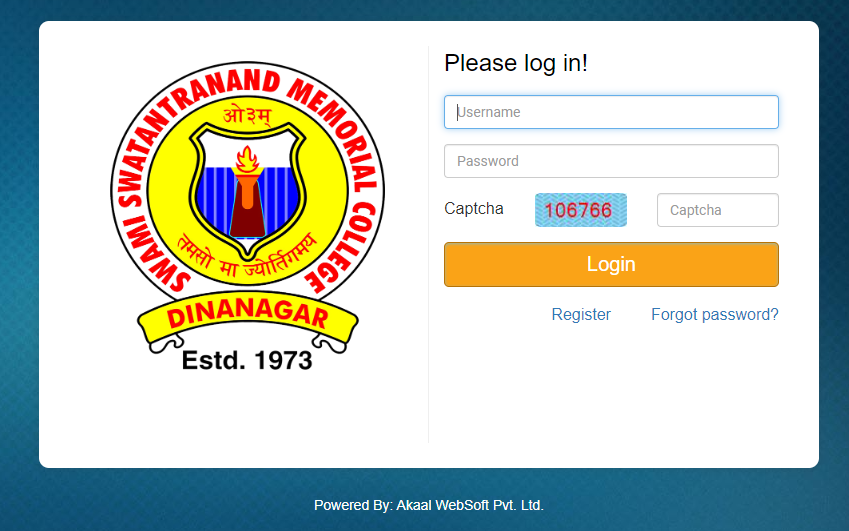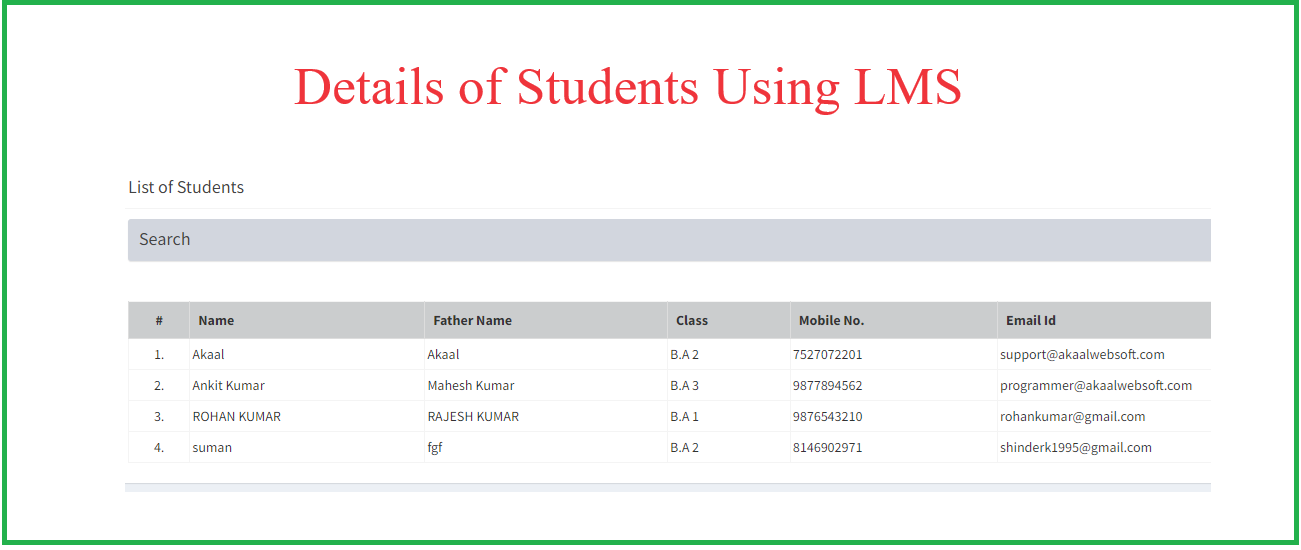Students are engaged in extended assignments that lead to the construction of a unique presentation or product during project-based learning. The teacher acts as a facilitator of student’s work and growth.
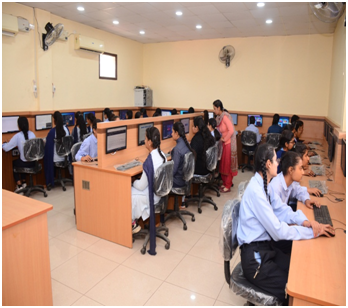
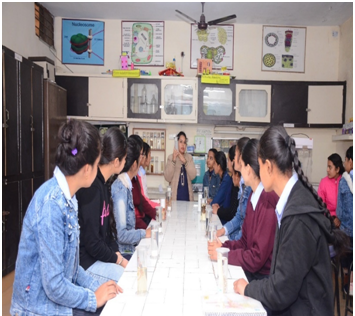
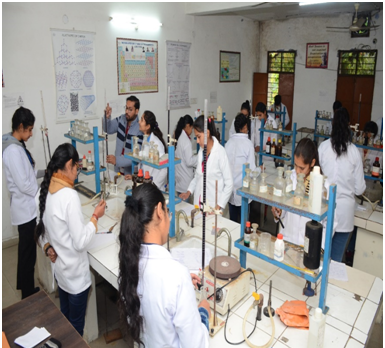
The workshop method gives students a choice in how they study, practise, and master the material. Workshops teach students how to prioritise their work and assess their available option effectively and artistically.
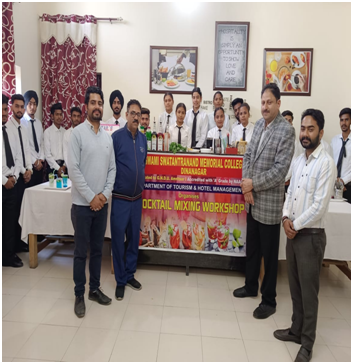
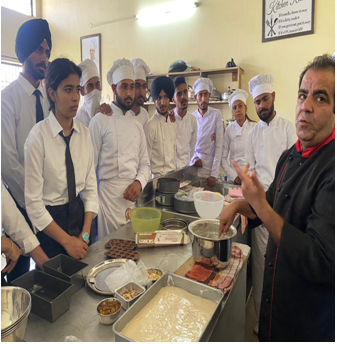
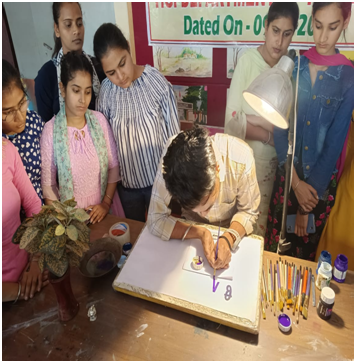
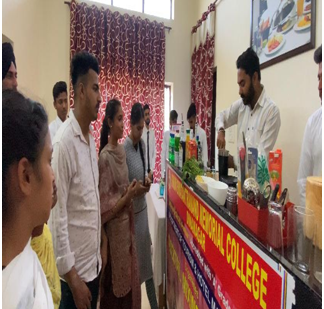
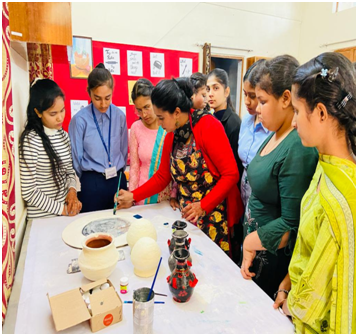
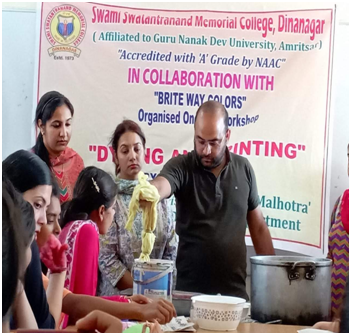



“Participative learning " is a way of learning in which you learn by doing something. It is built on the idea that the greatest way to learn is to apply what one has learnt.This method aims to teach students by giving them the opportunity to discover knowledge and skills on their own by acting on their environment. This approach stimulates both creativity and agility while allowing learners to increase their skills without having to undergo lectures that are often less interactive.
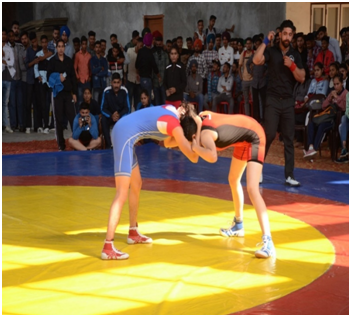
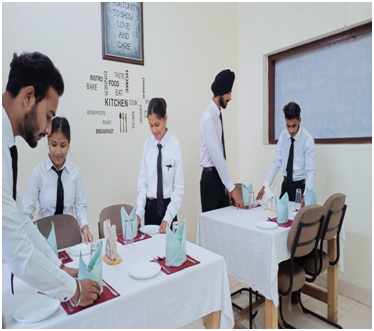
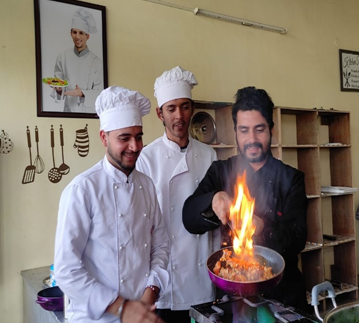
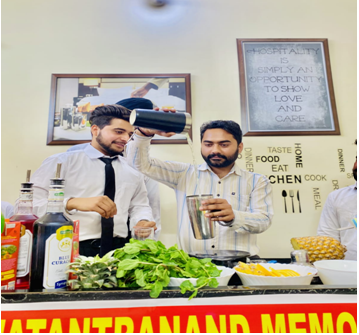
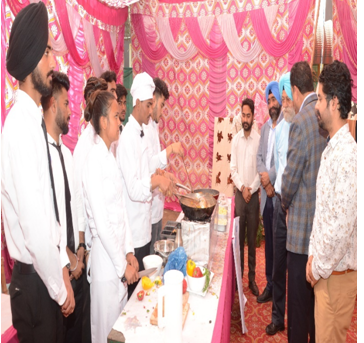
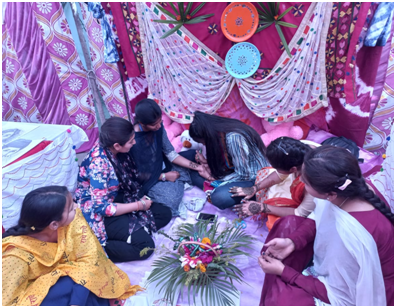
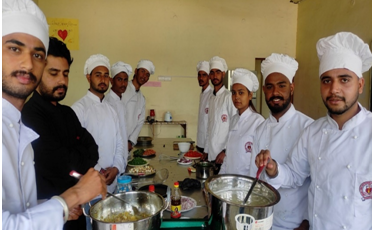
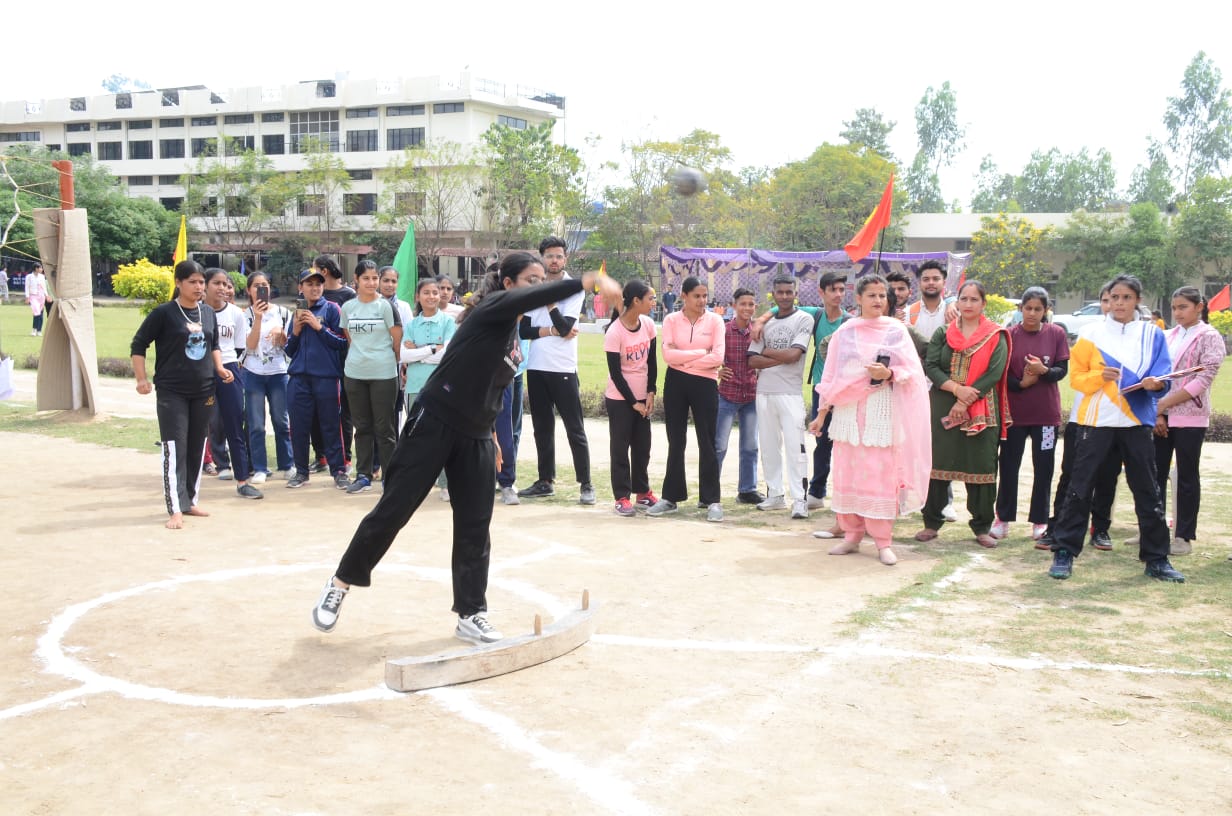
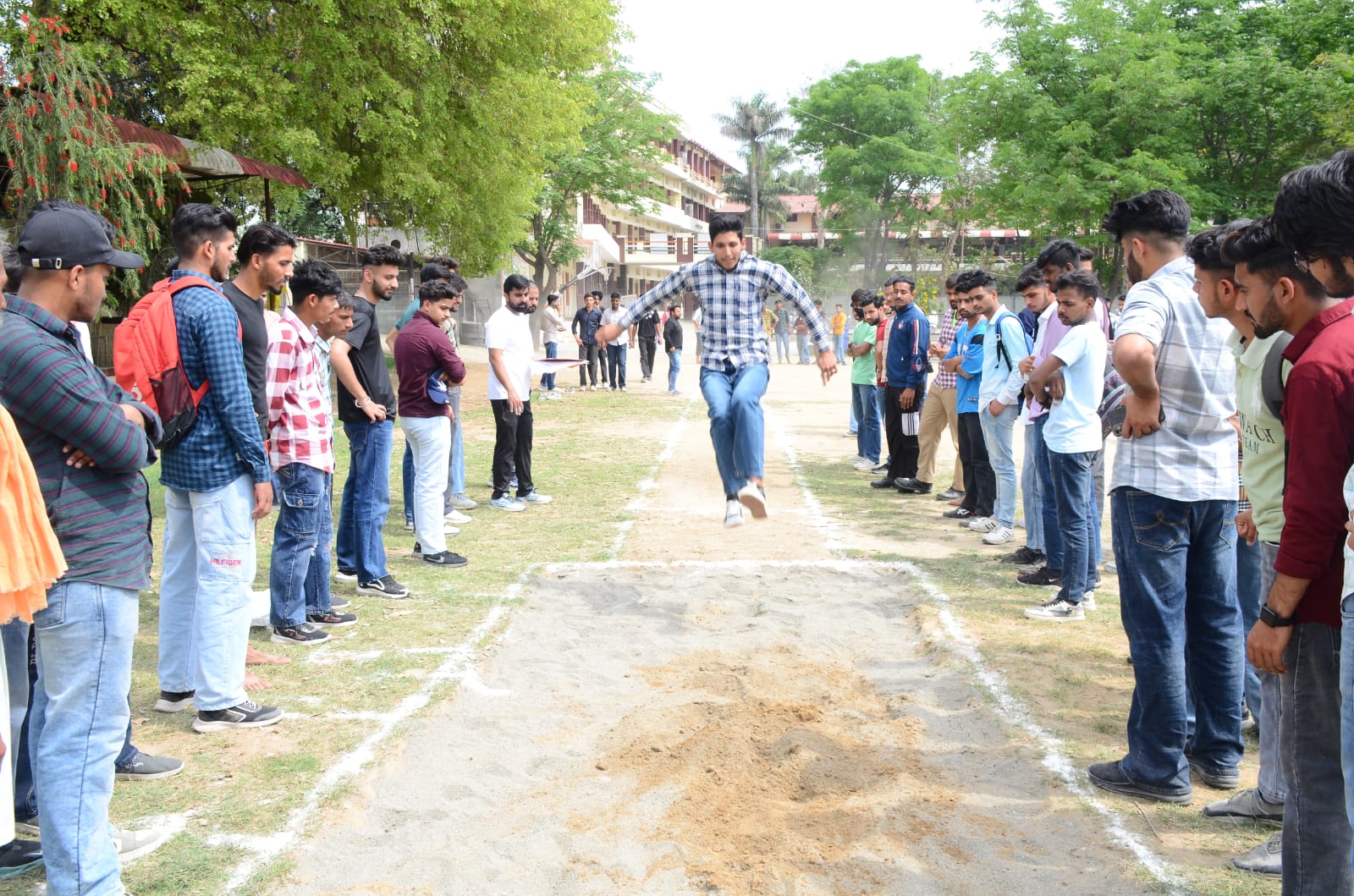



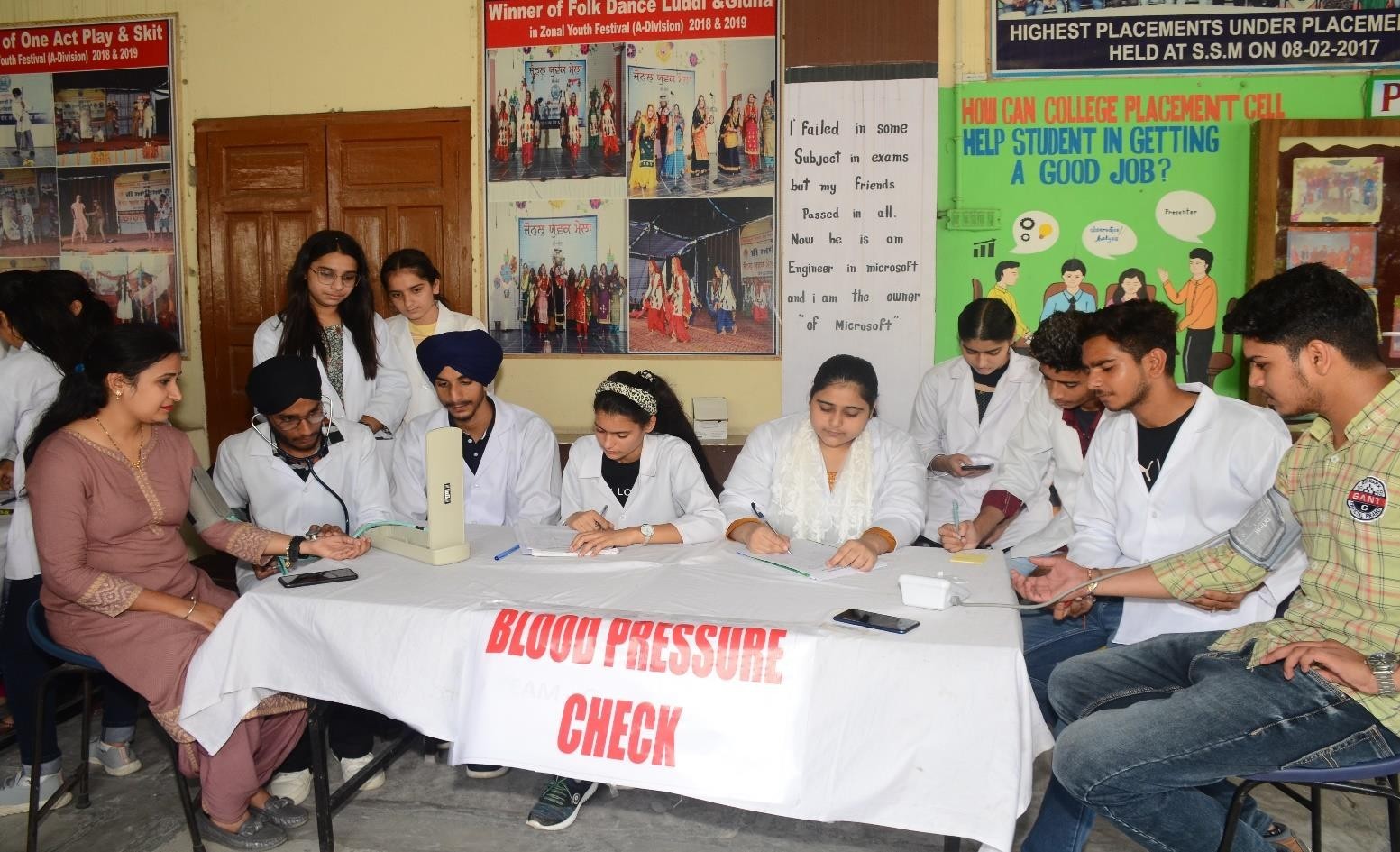
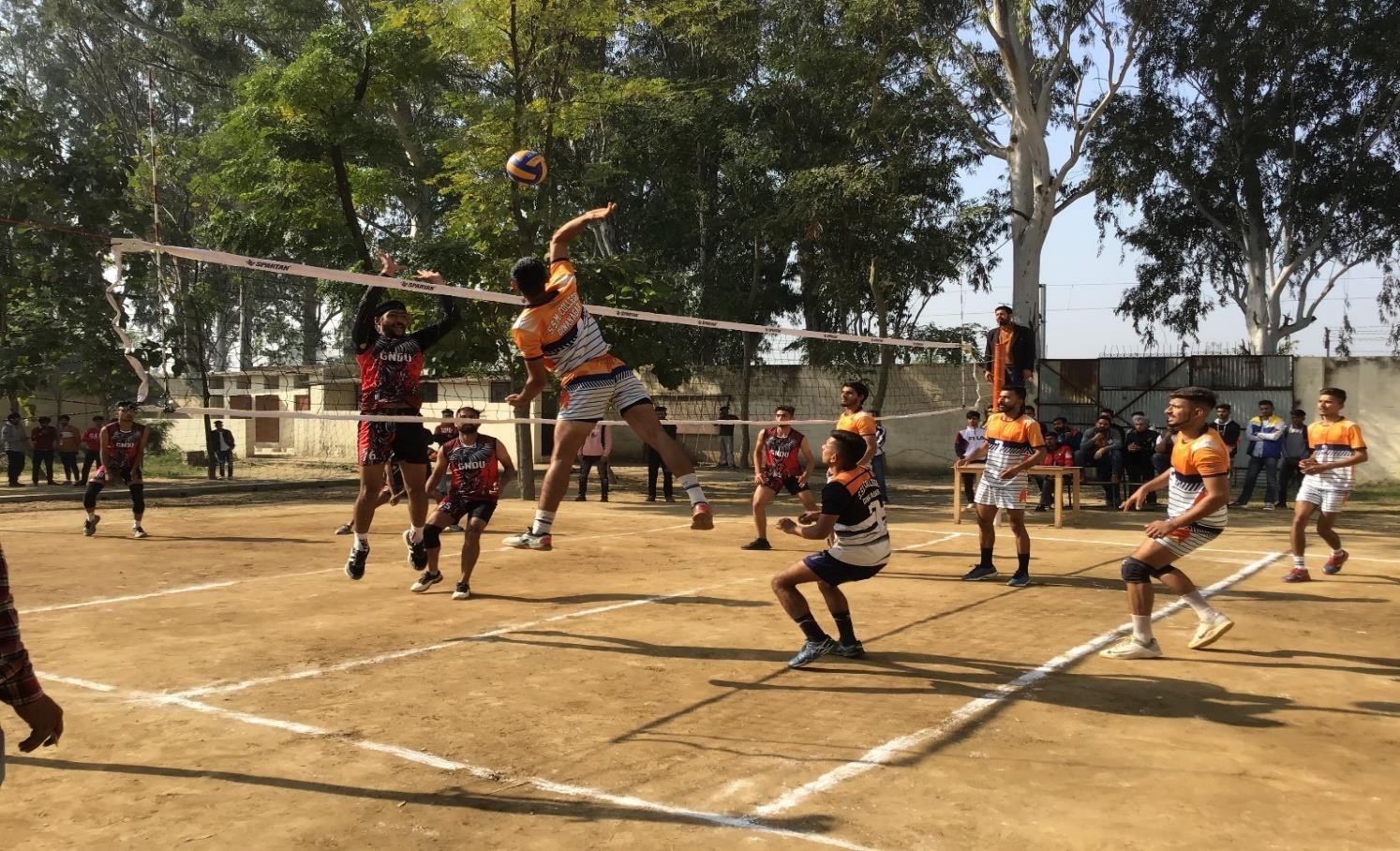
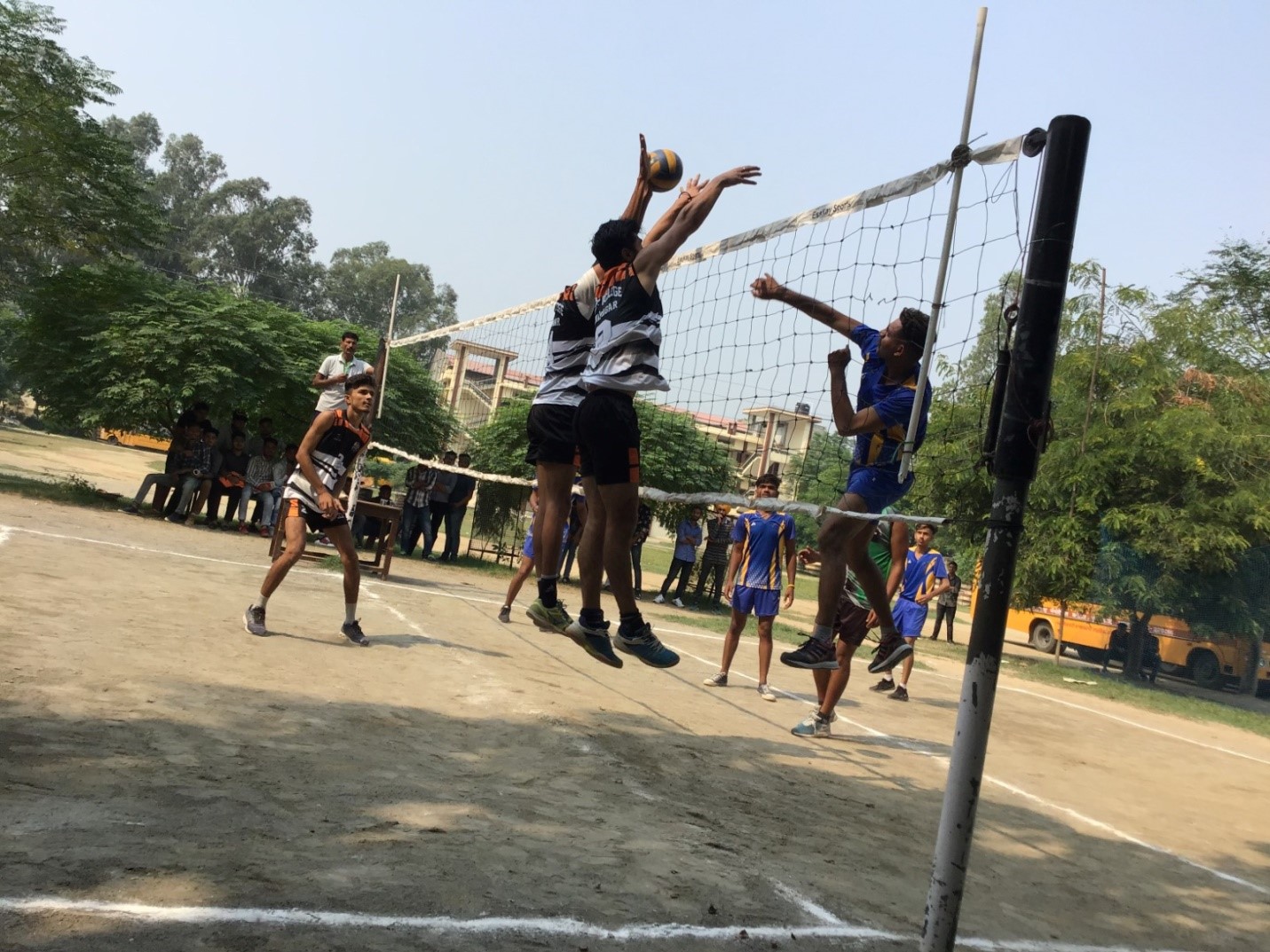
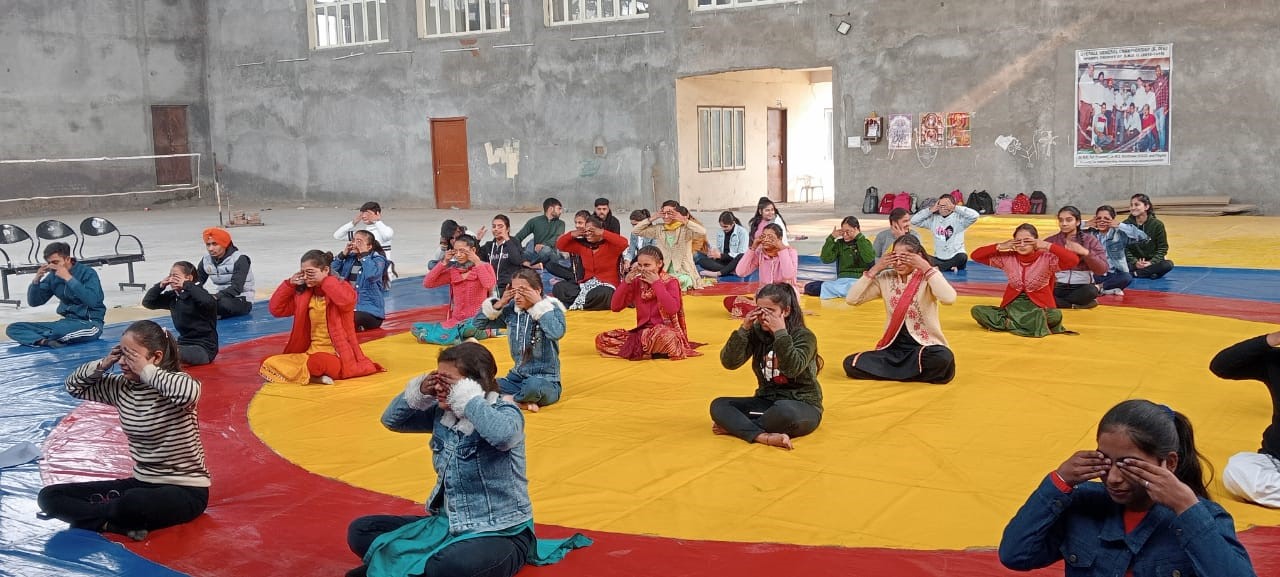
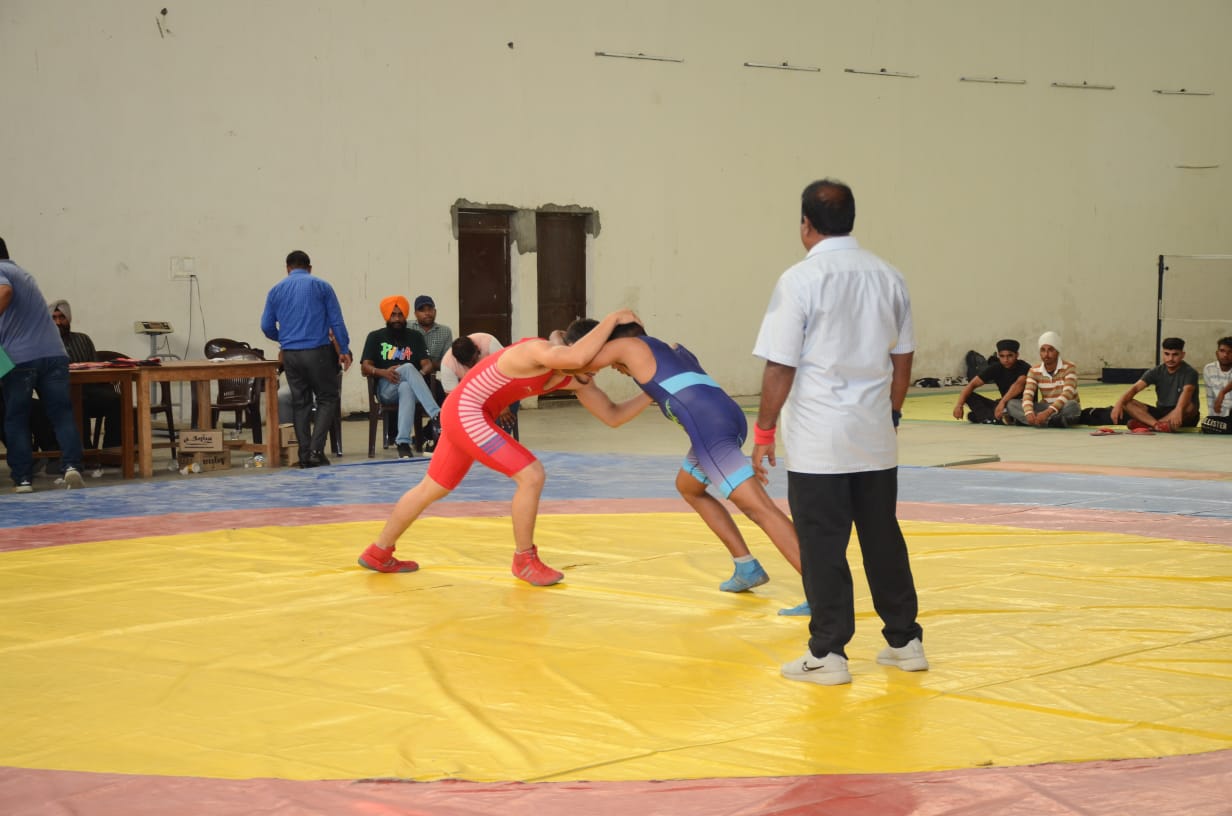
Live demonstrations are seen to be an excellent learning as well as teaching method. Several areas, including Maths and Science, require modelling. Modelling provides a fantastic opportunity to comprehend the ideas or concepts beforehand using various examples. Demonstrations can be anything that help students understands an idea.
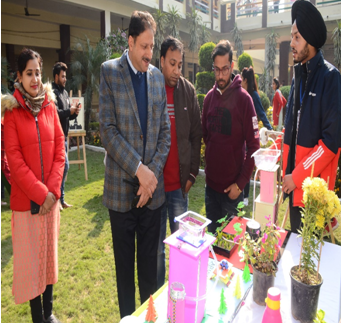
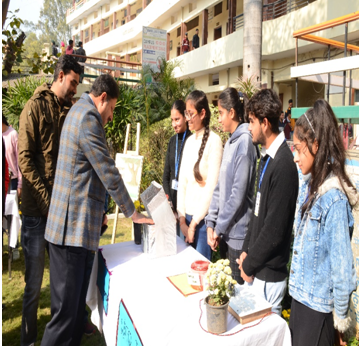
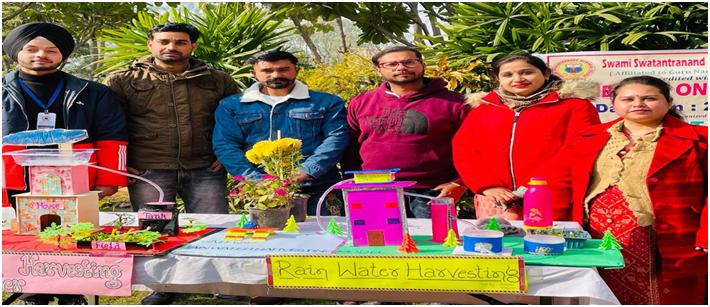
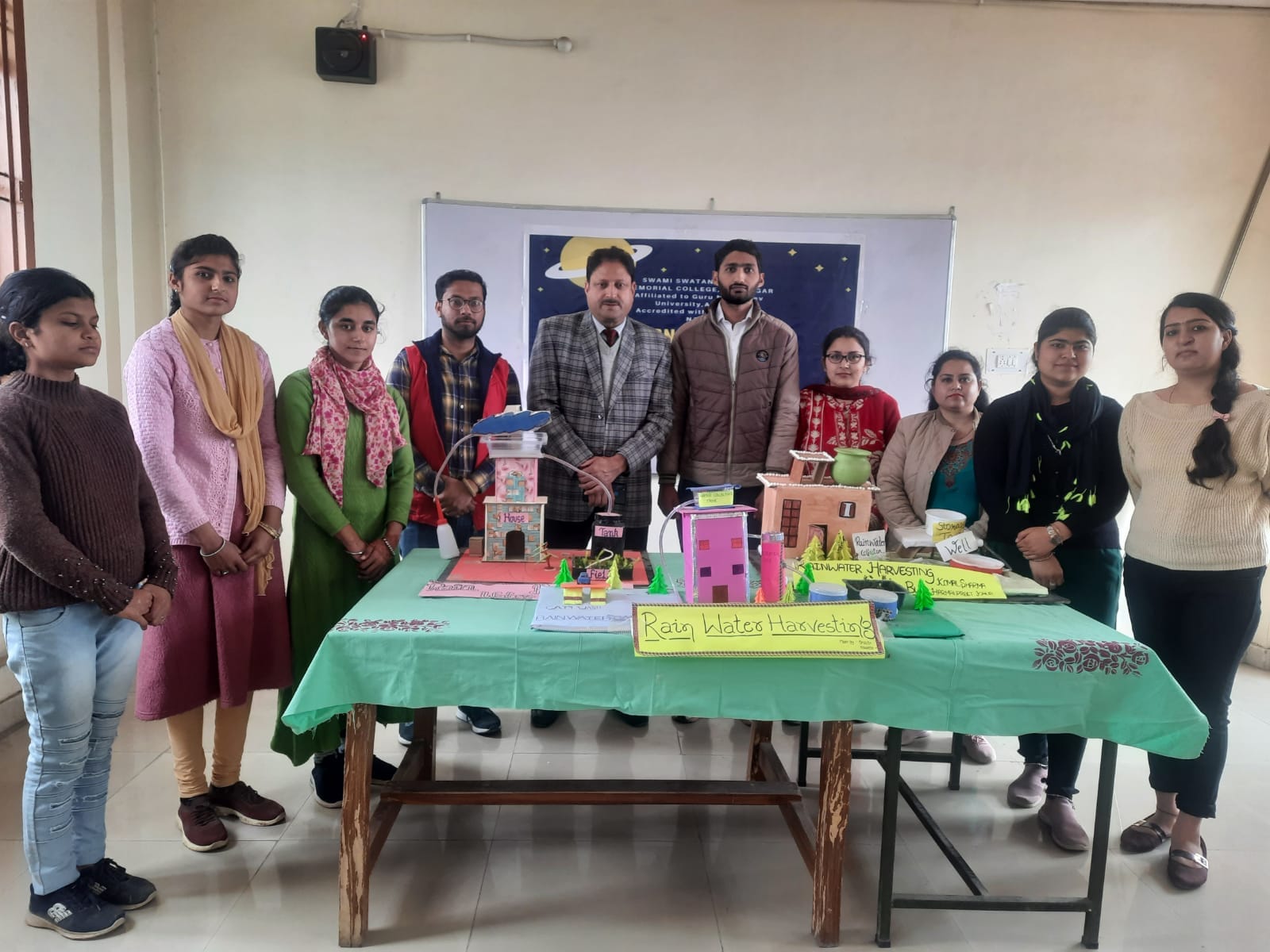
Educational trips are an important part of the academic programme since they allow students to learn outside of the classroom and get valuable practical experience. "I hear and forget, I see and remember, I do and comprehend," says a proverb, referring to the belief that seeing and something done in a particular place helps individuals to remember it better.These outings are intended to broaden student's perspectives and teach them more about the world around them.
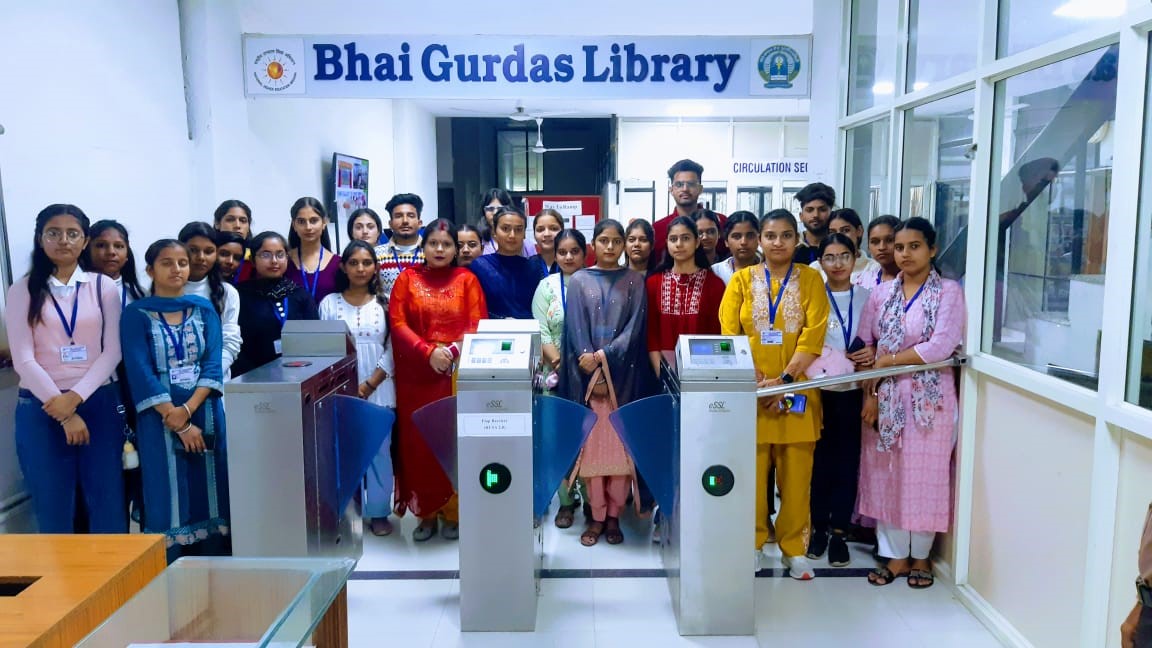
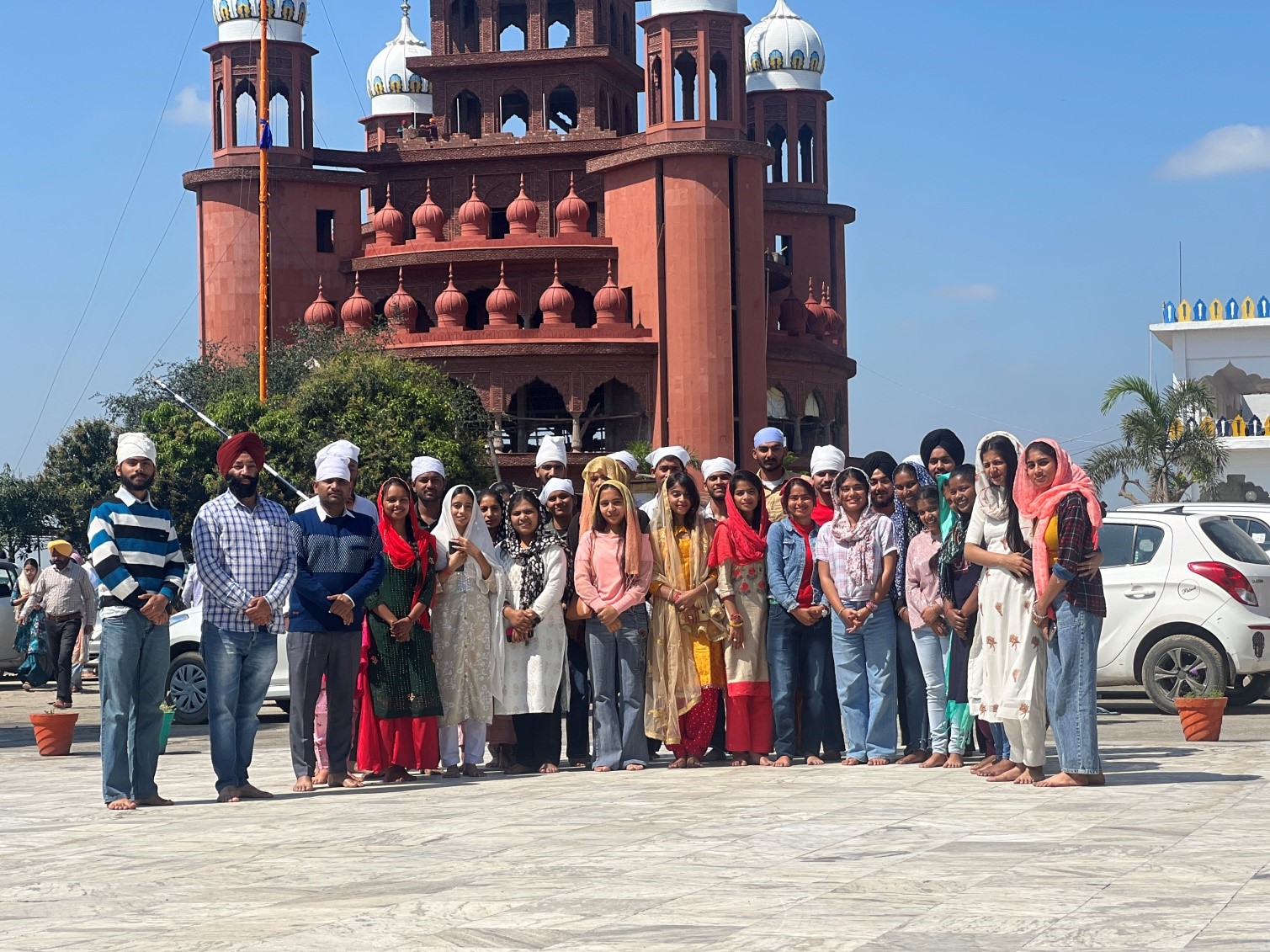
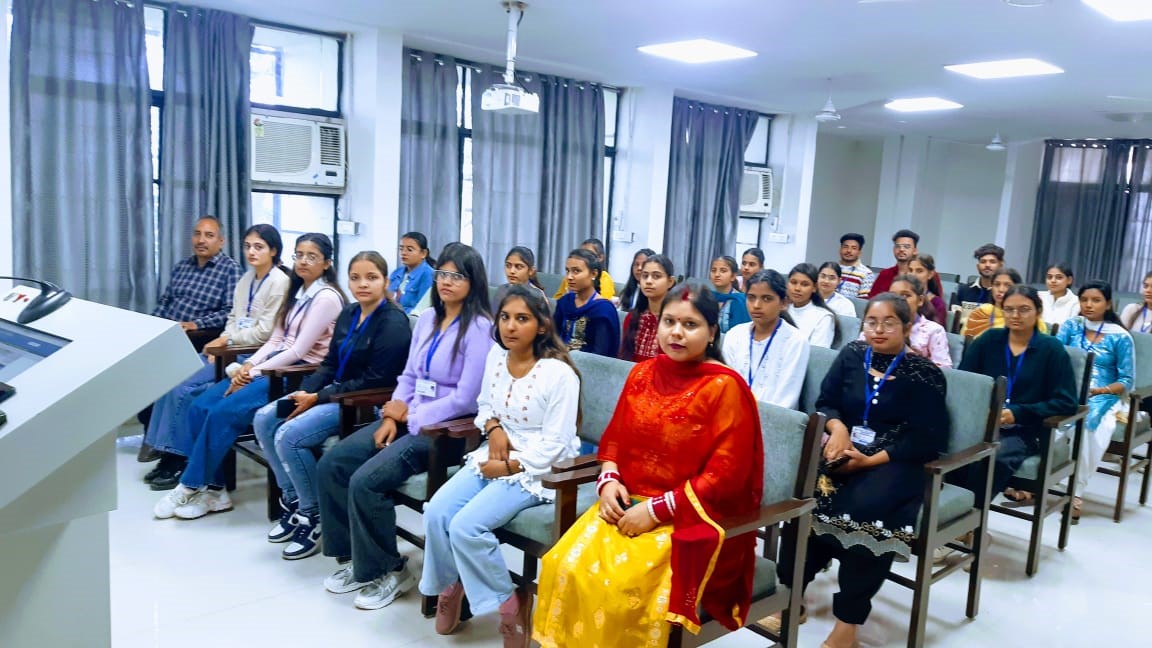
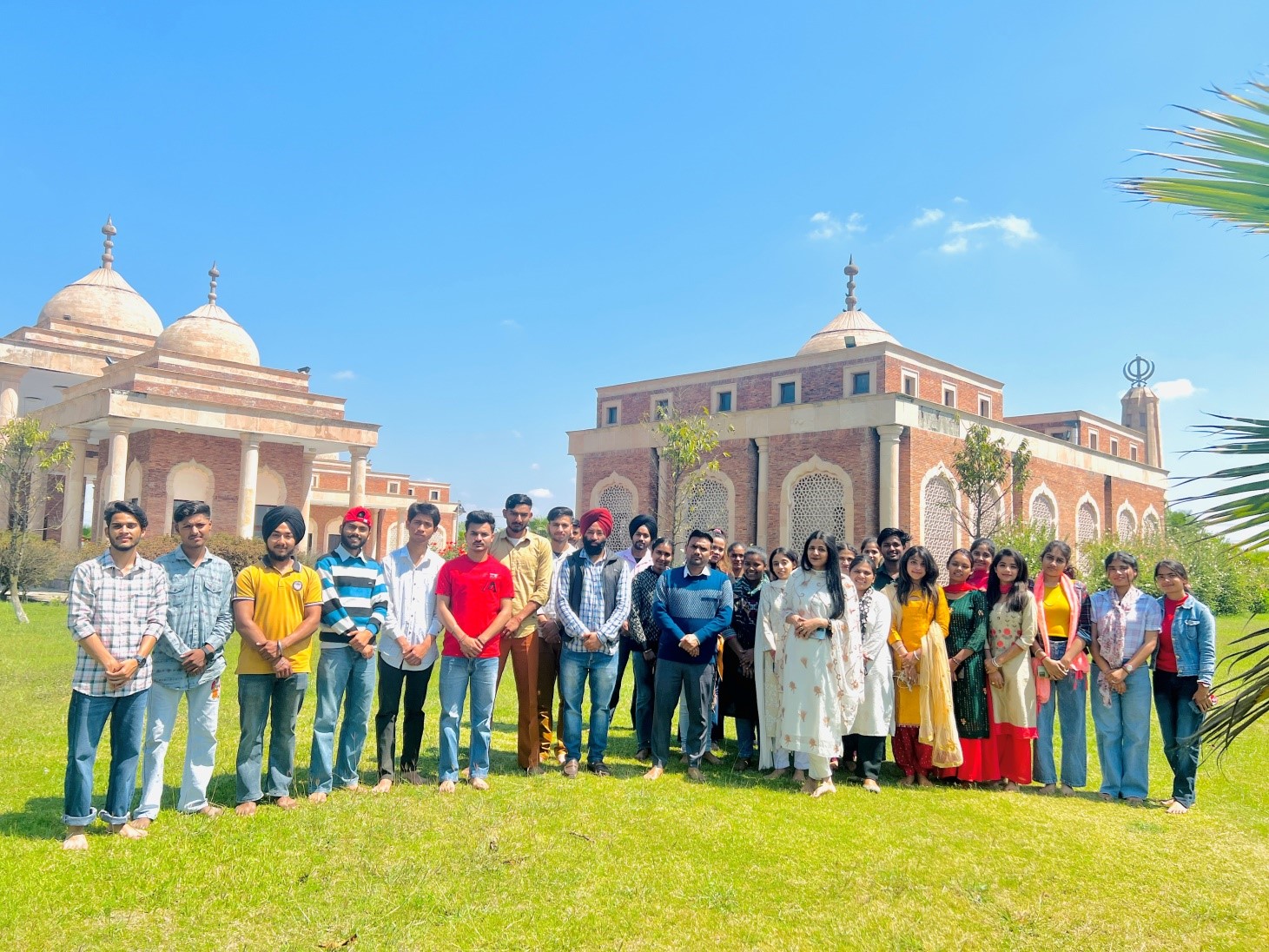
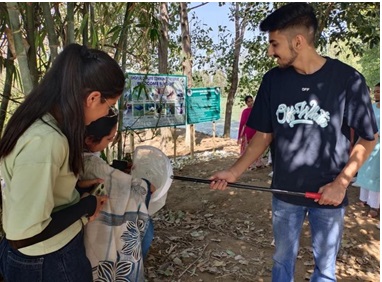
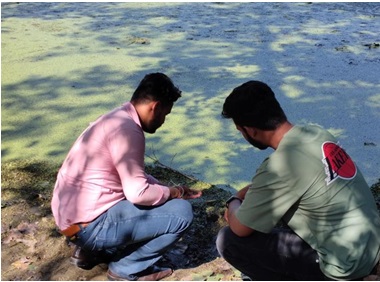
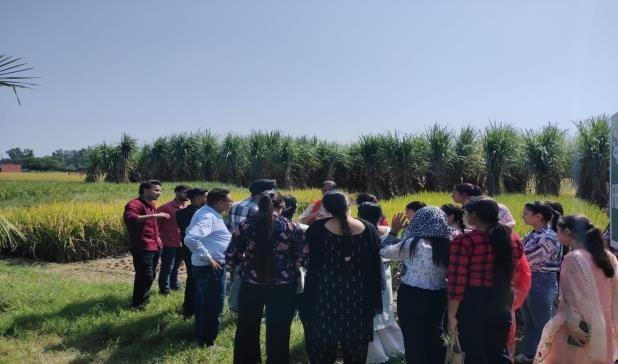
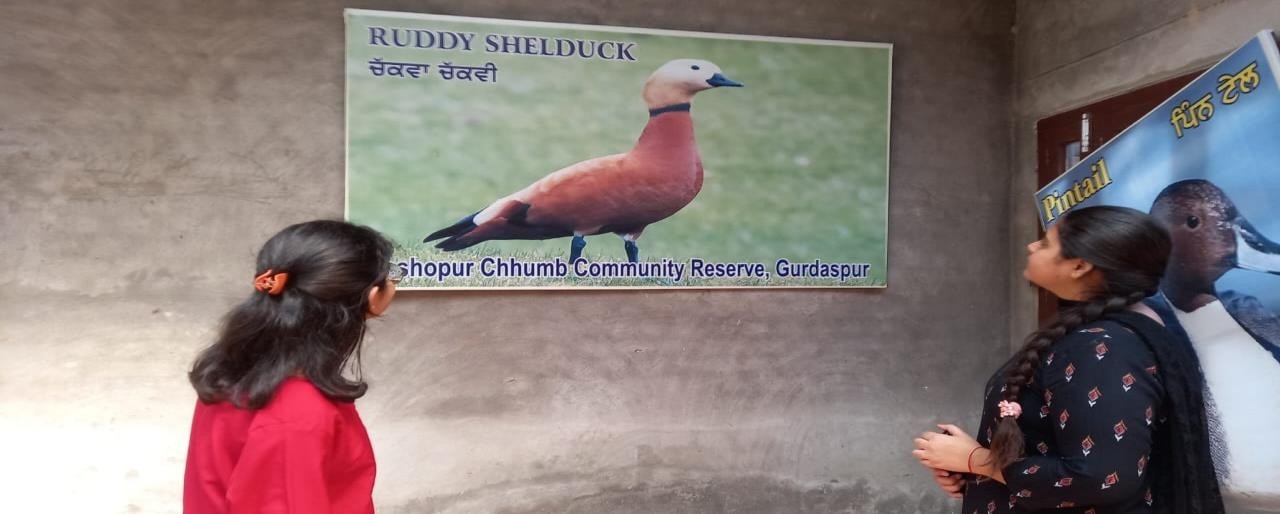
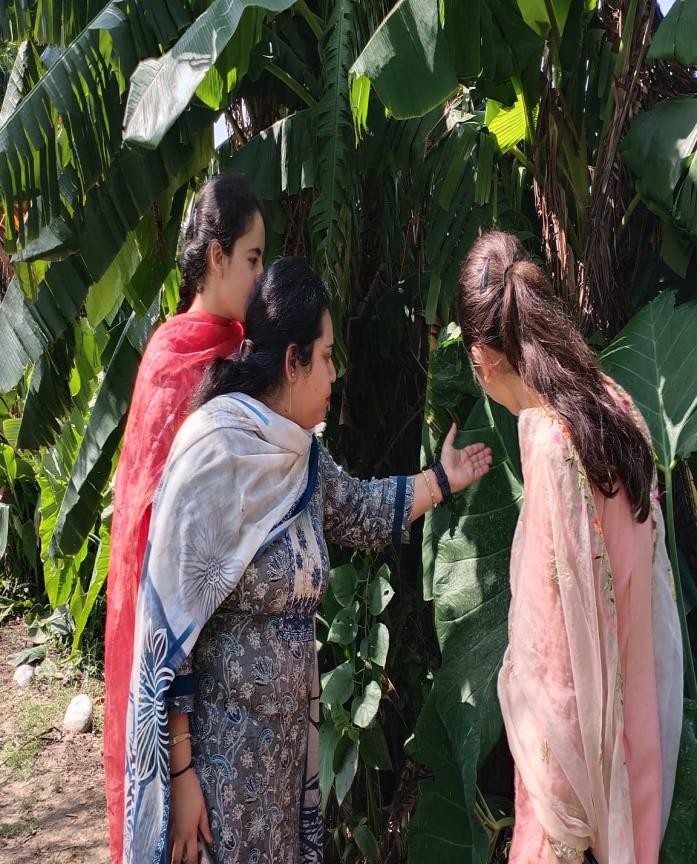
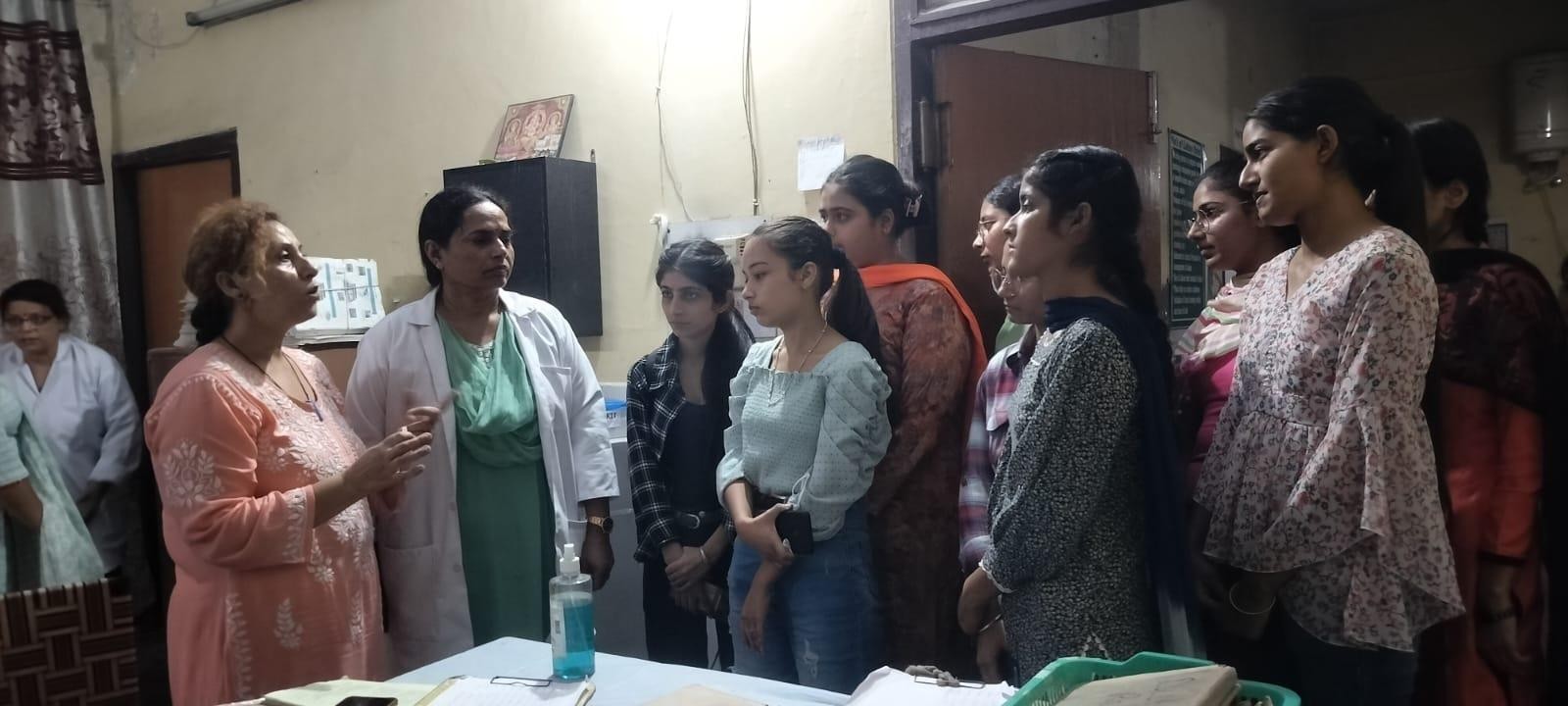
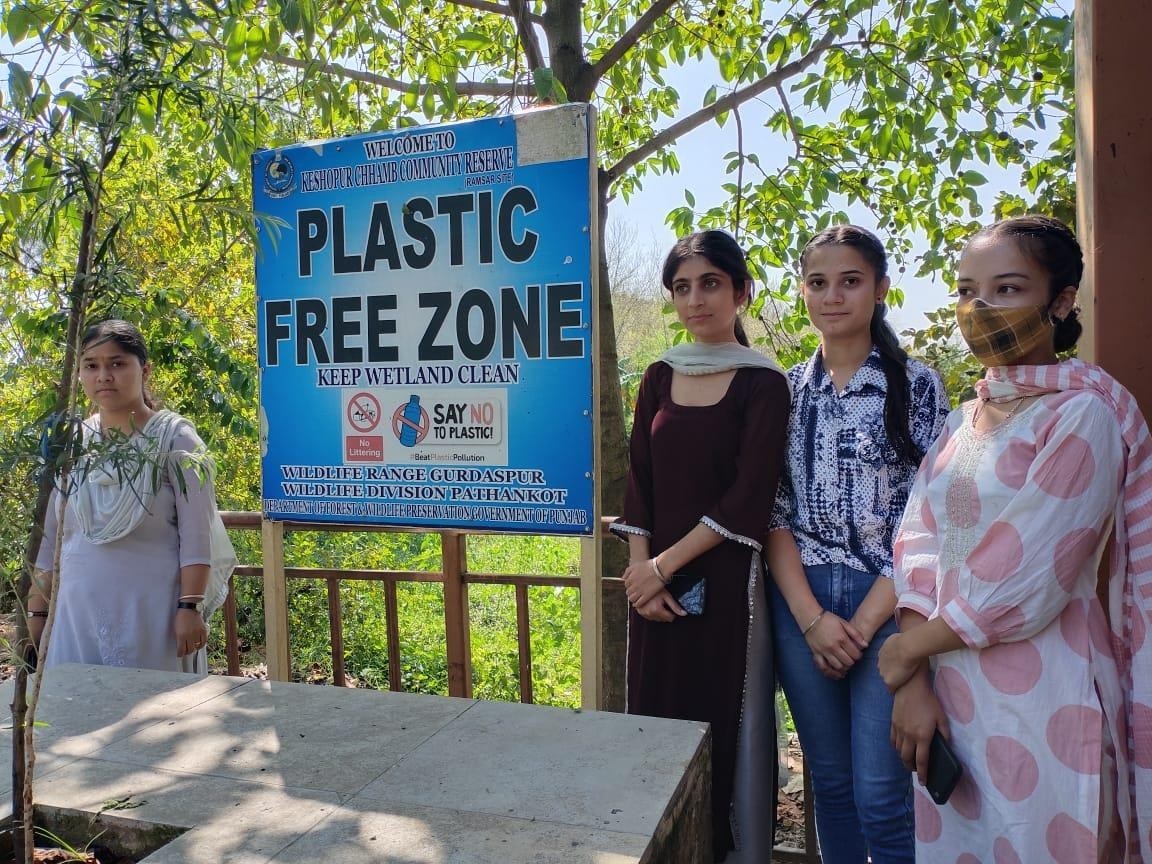
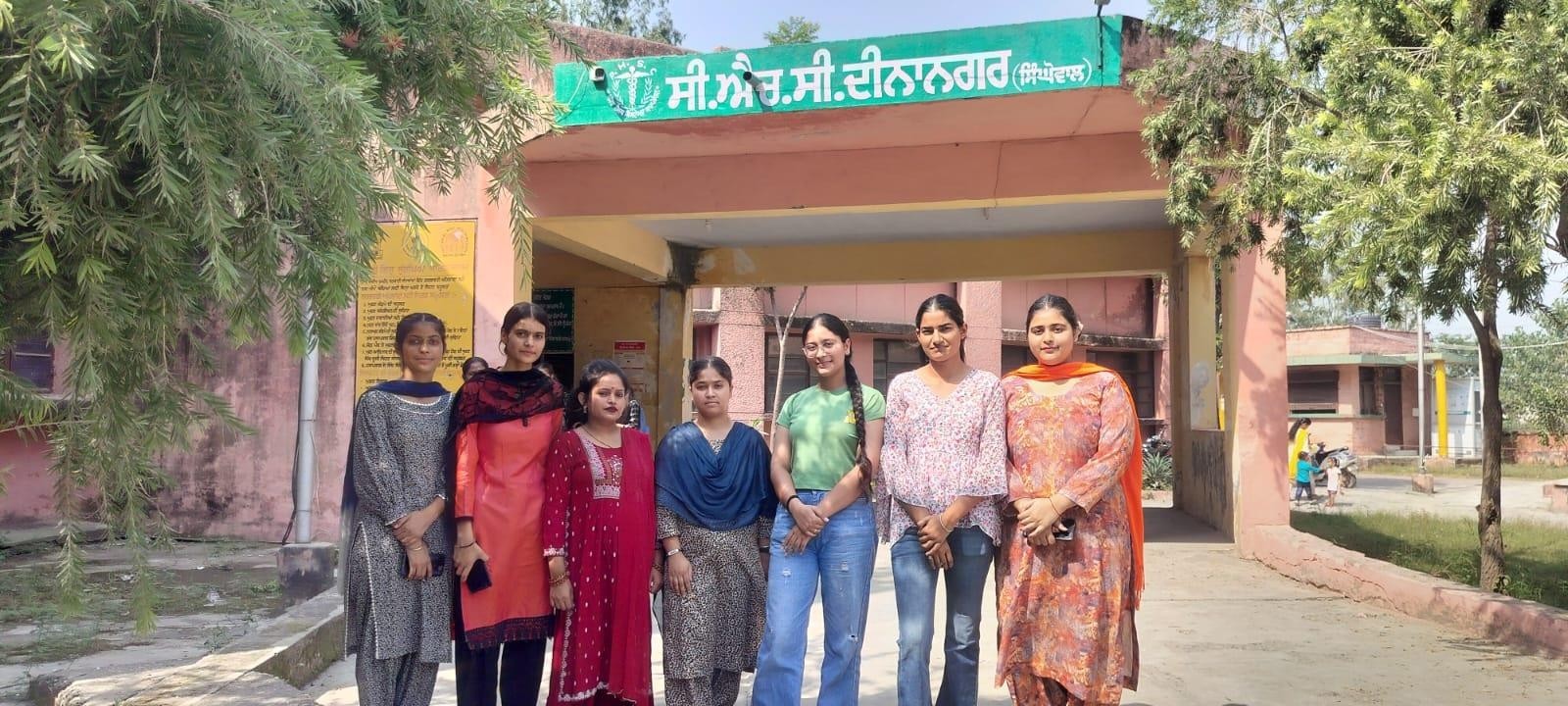
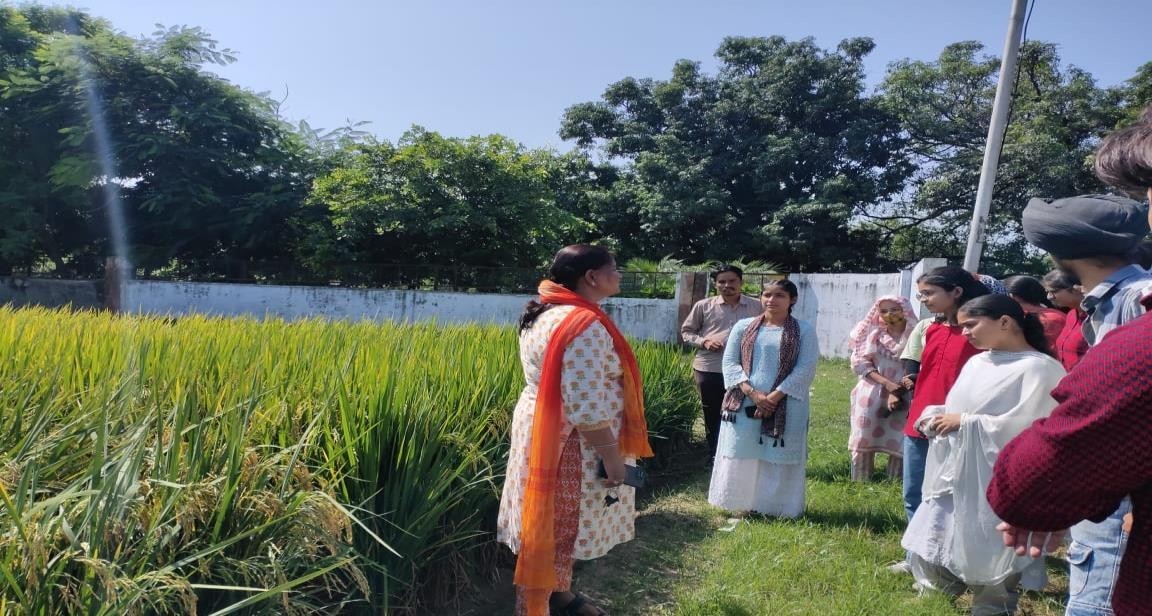
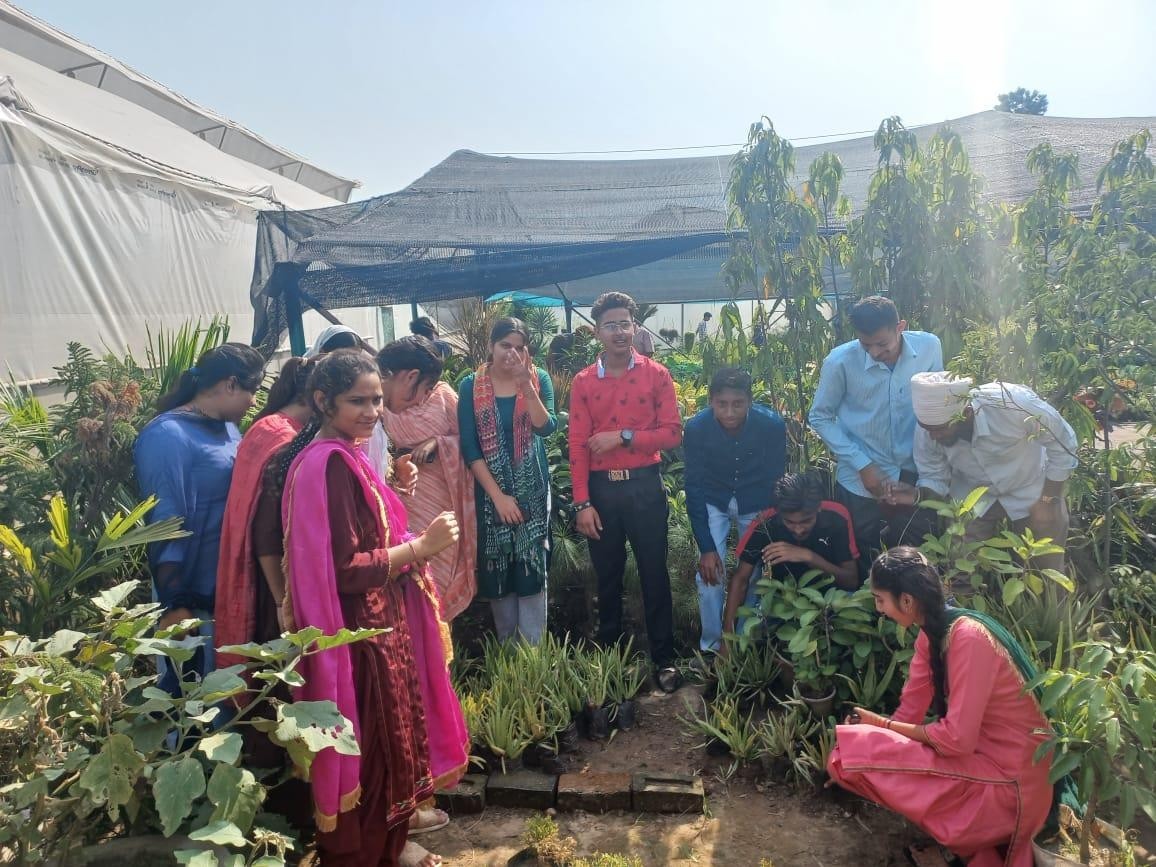
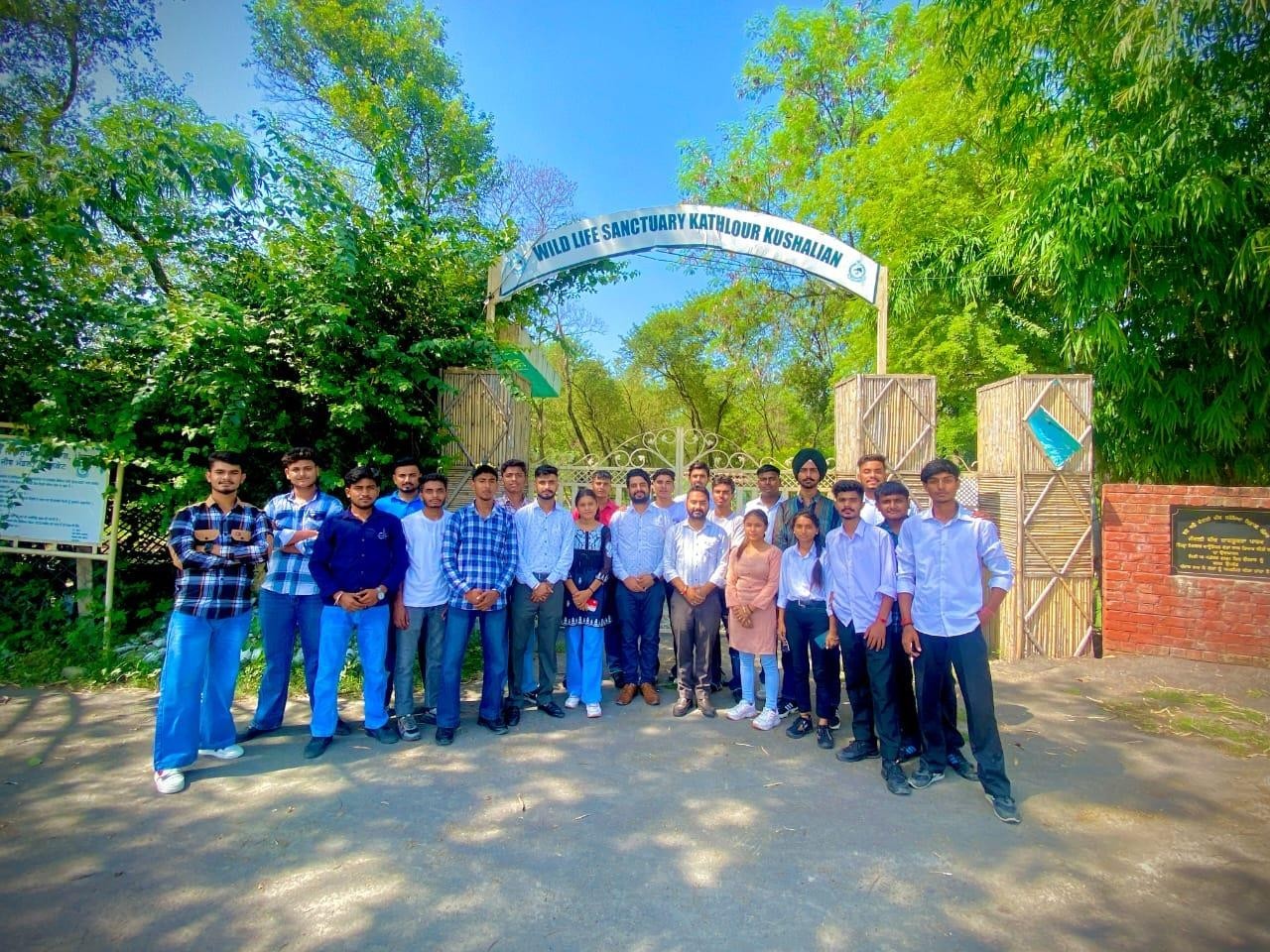
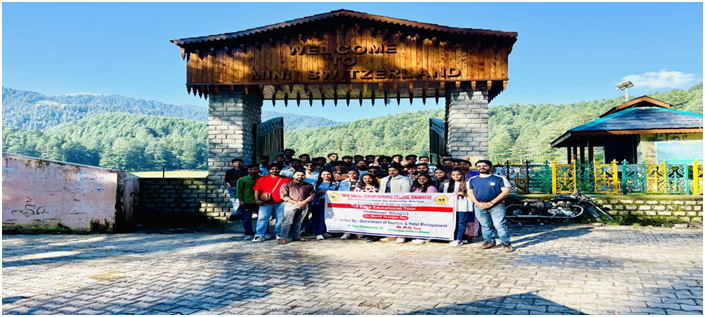
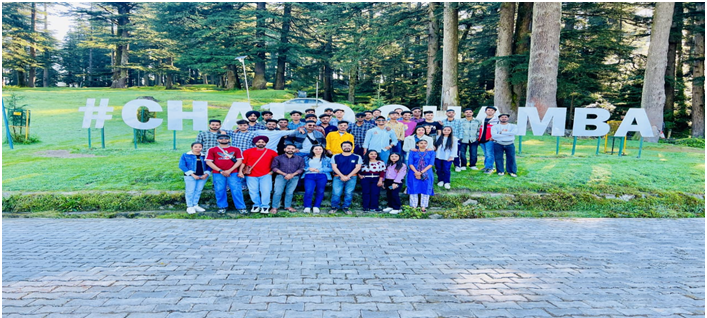
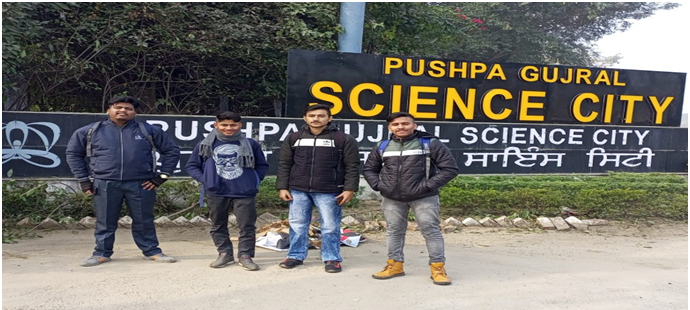
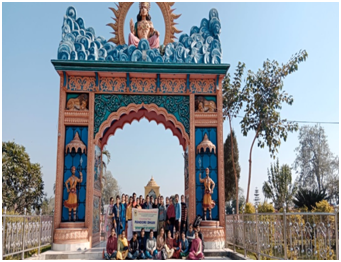
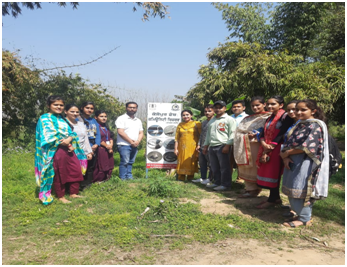
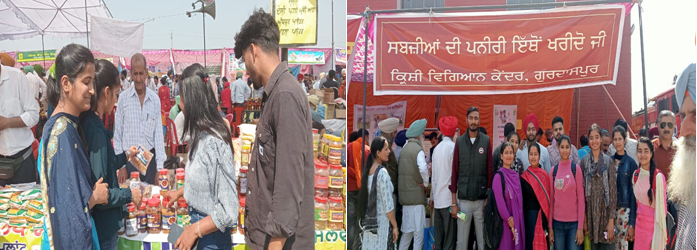
Bank visits are meant to raise awareness and educate students about financial services (banking), the availability of various services and their characteristics, and to help students understand their rights and duties as financial service customers.
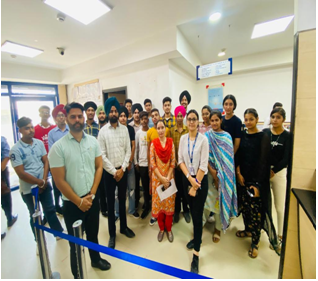
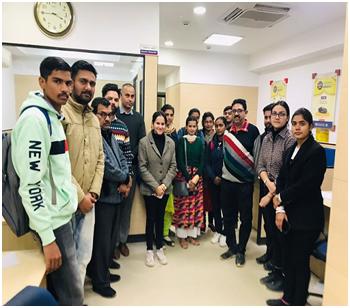
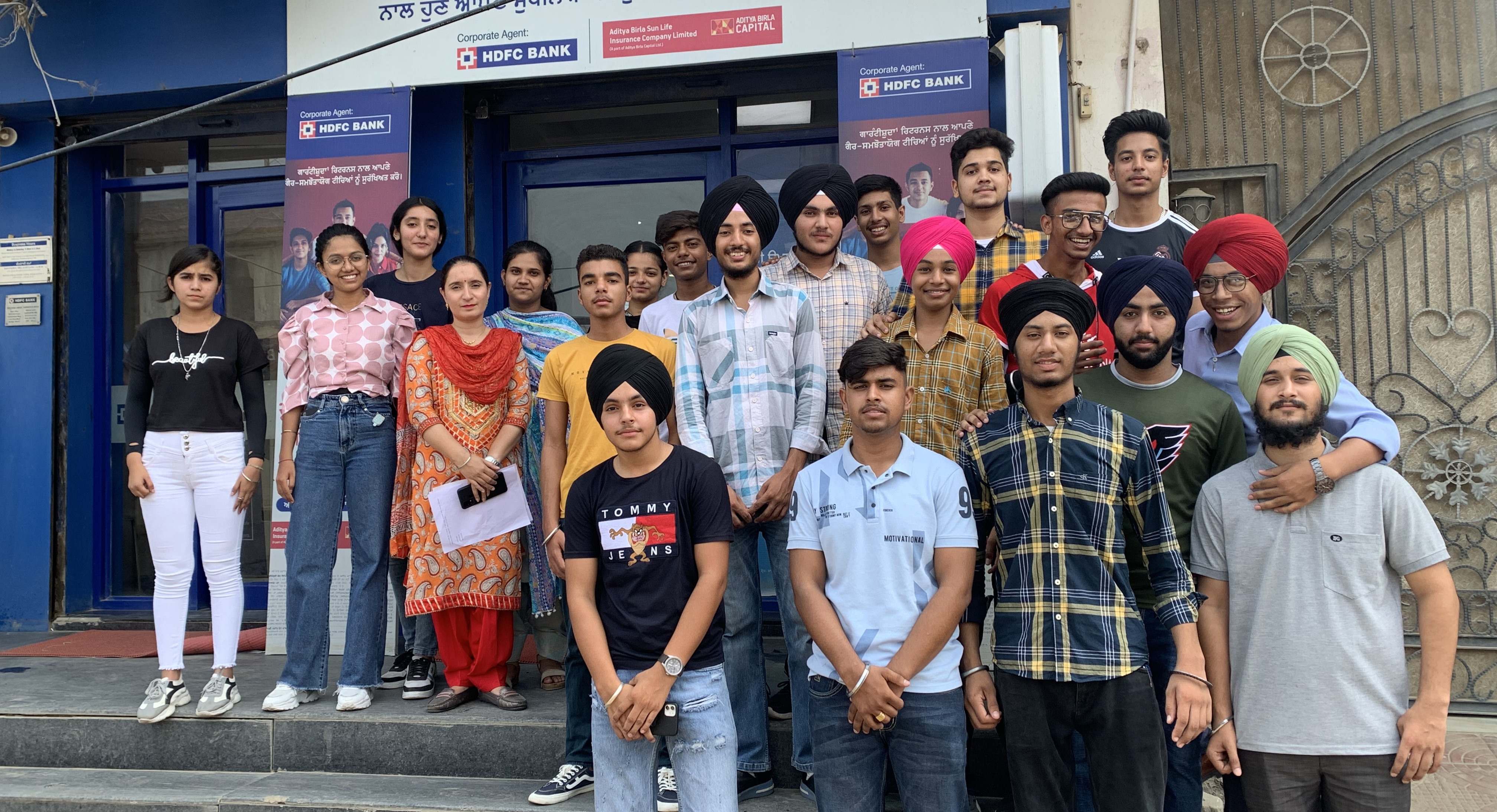
Visits to industries give students the chance to gain on-the-job skills through contact, working procedures, and employment practices. As opposed to the theoretical knowledge being taught in their college classes, it exposes the students to modern workplace practices.
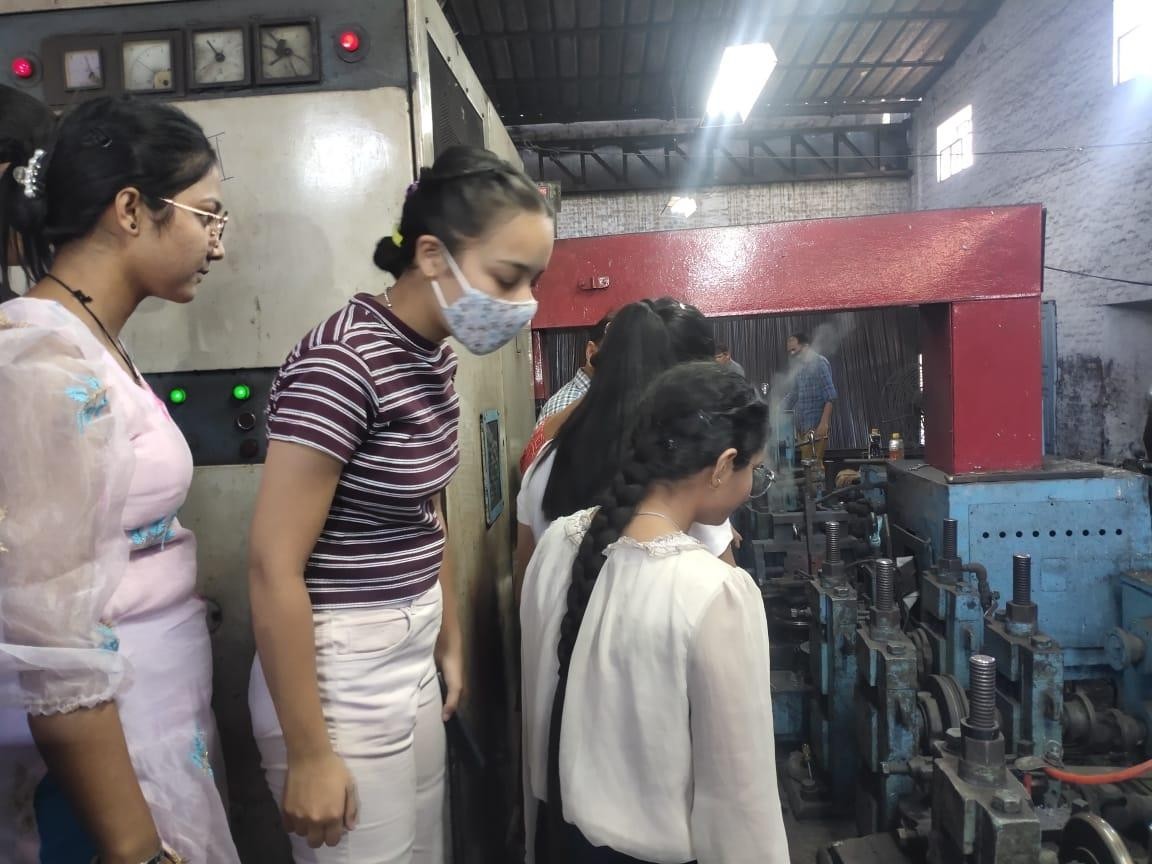
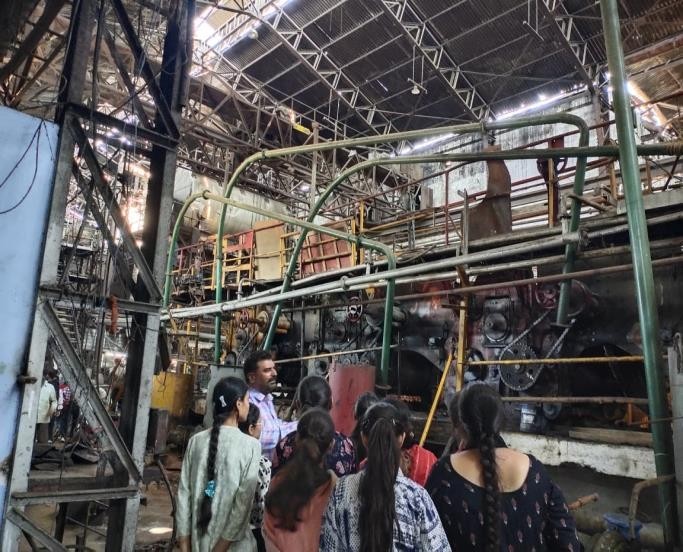
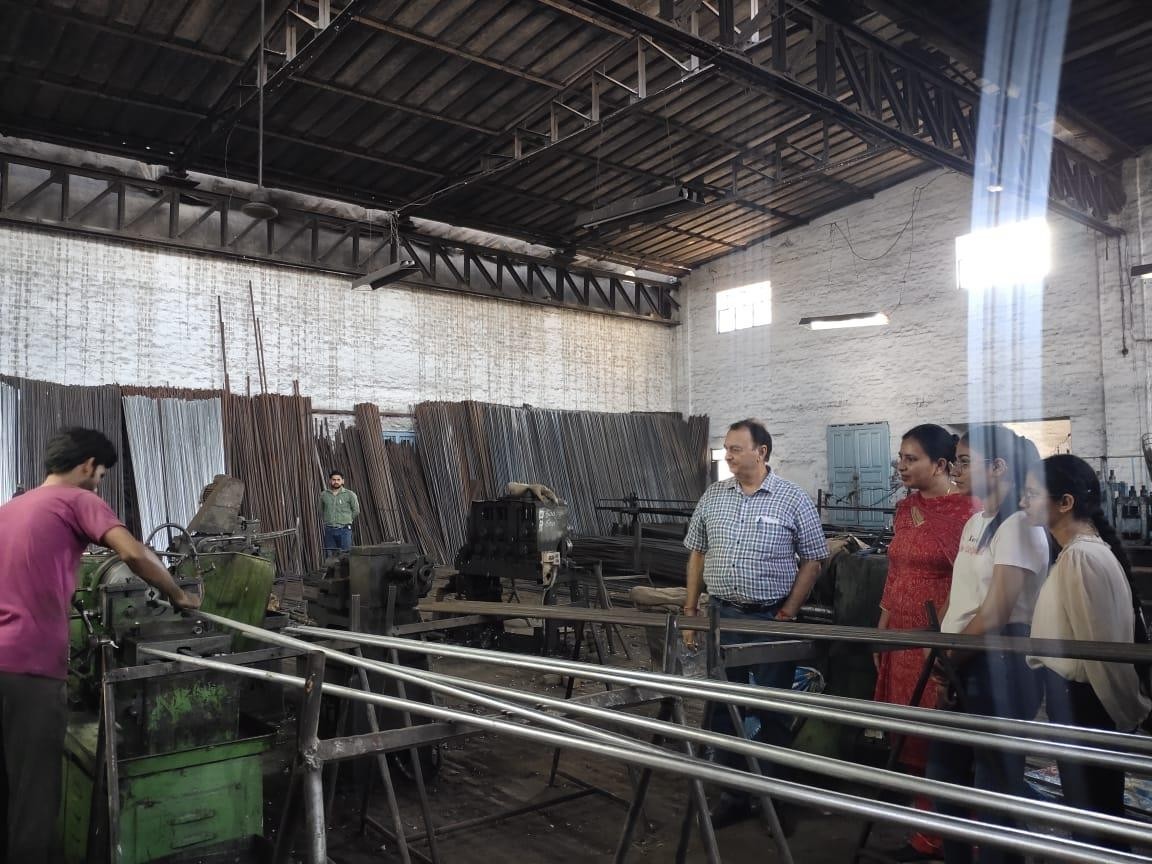
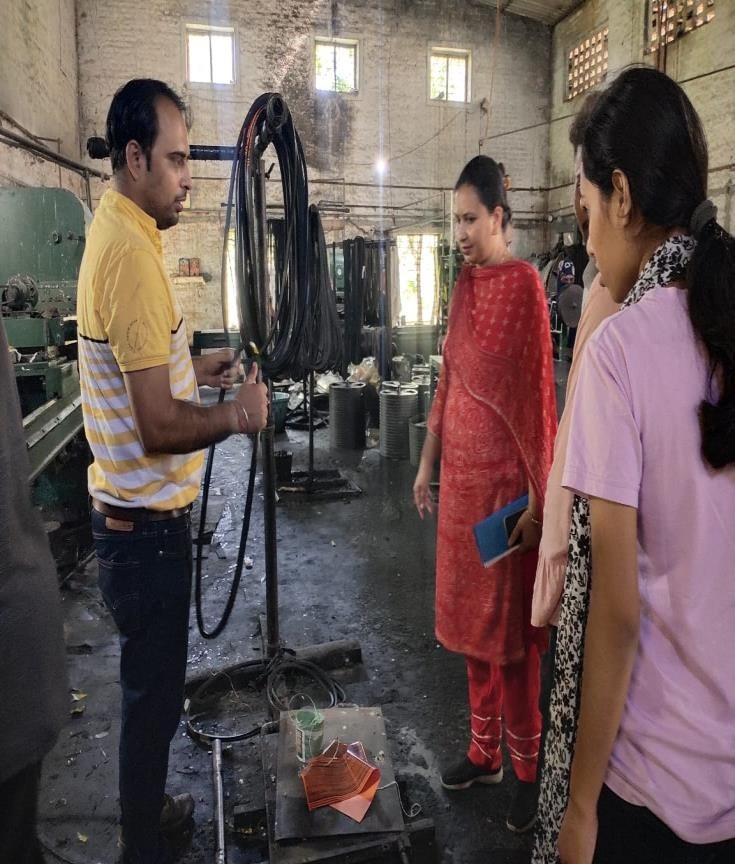
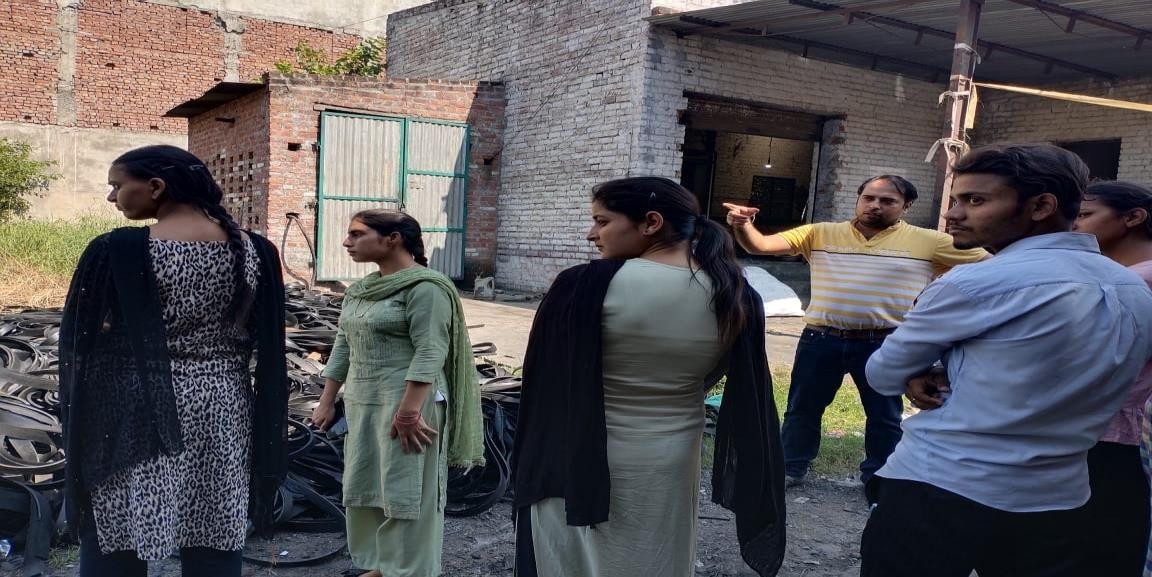
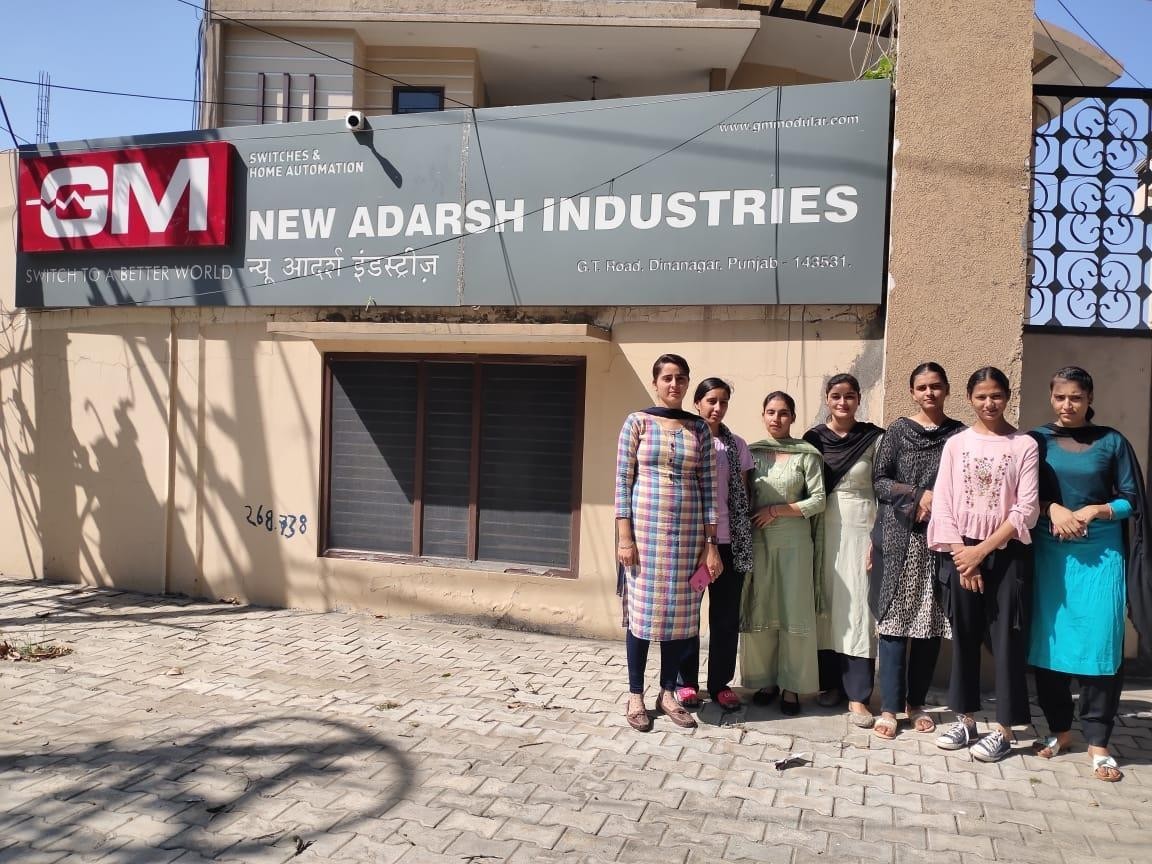
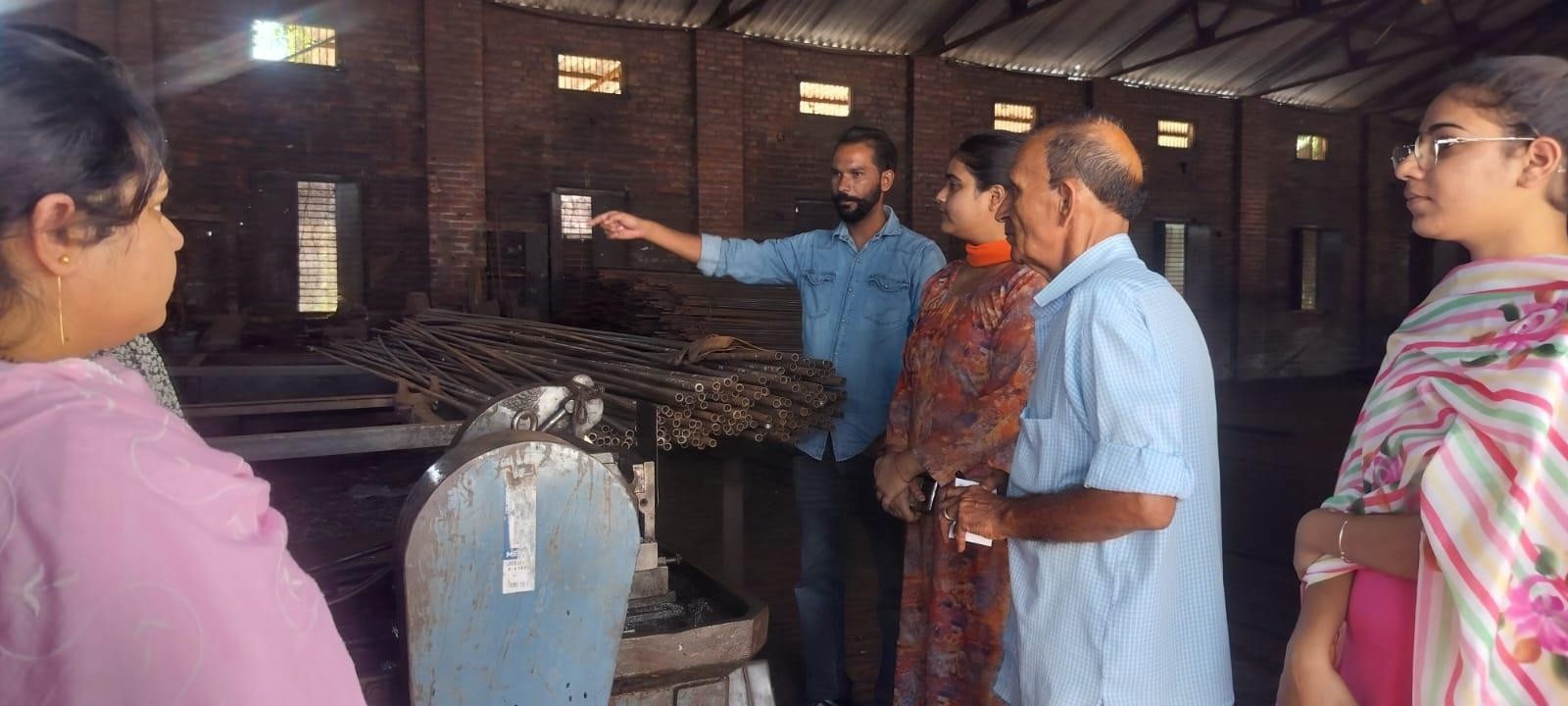
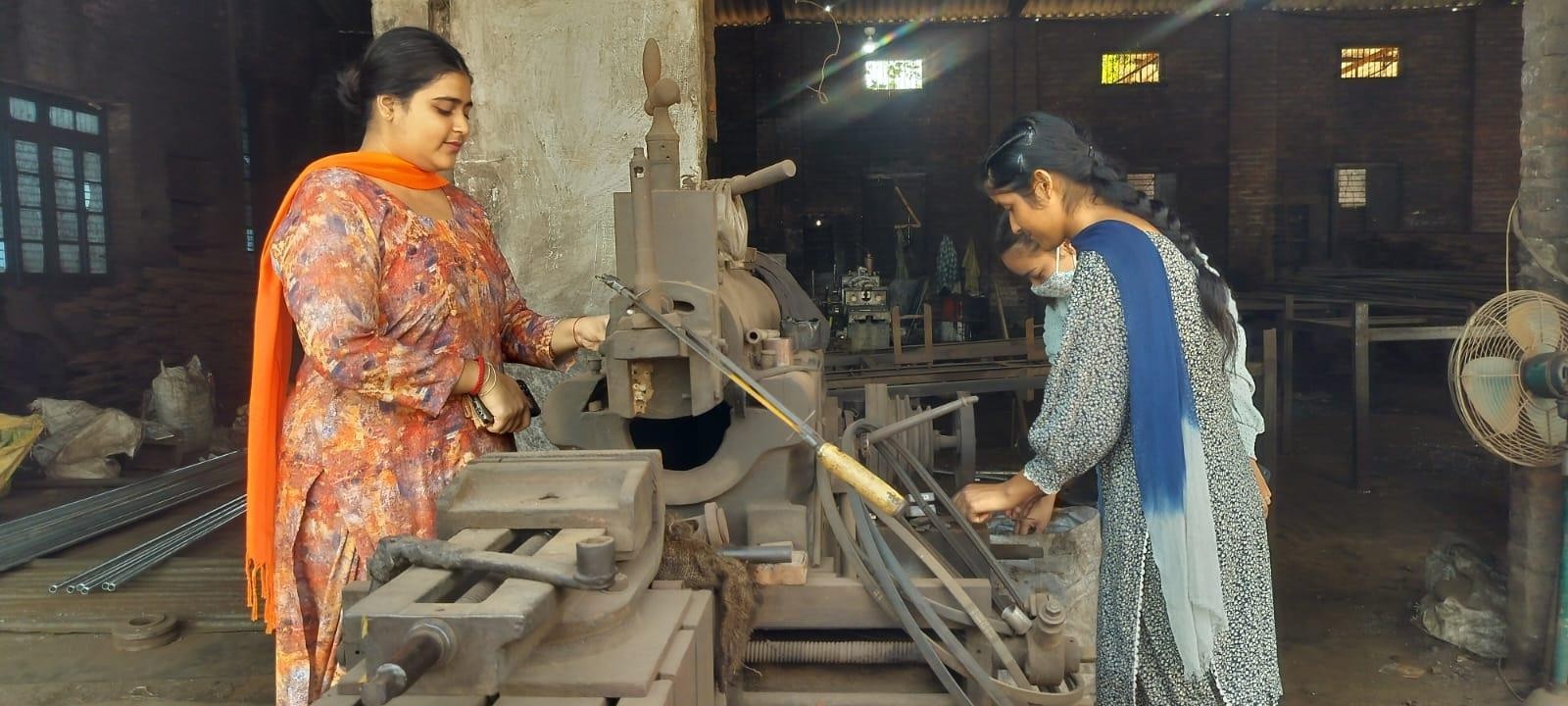
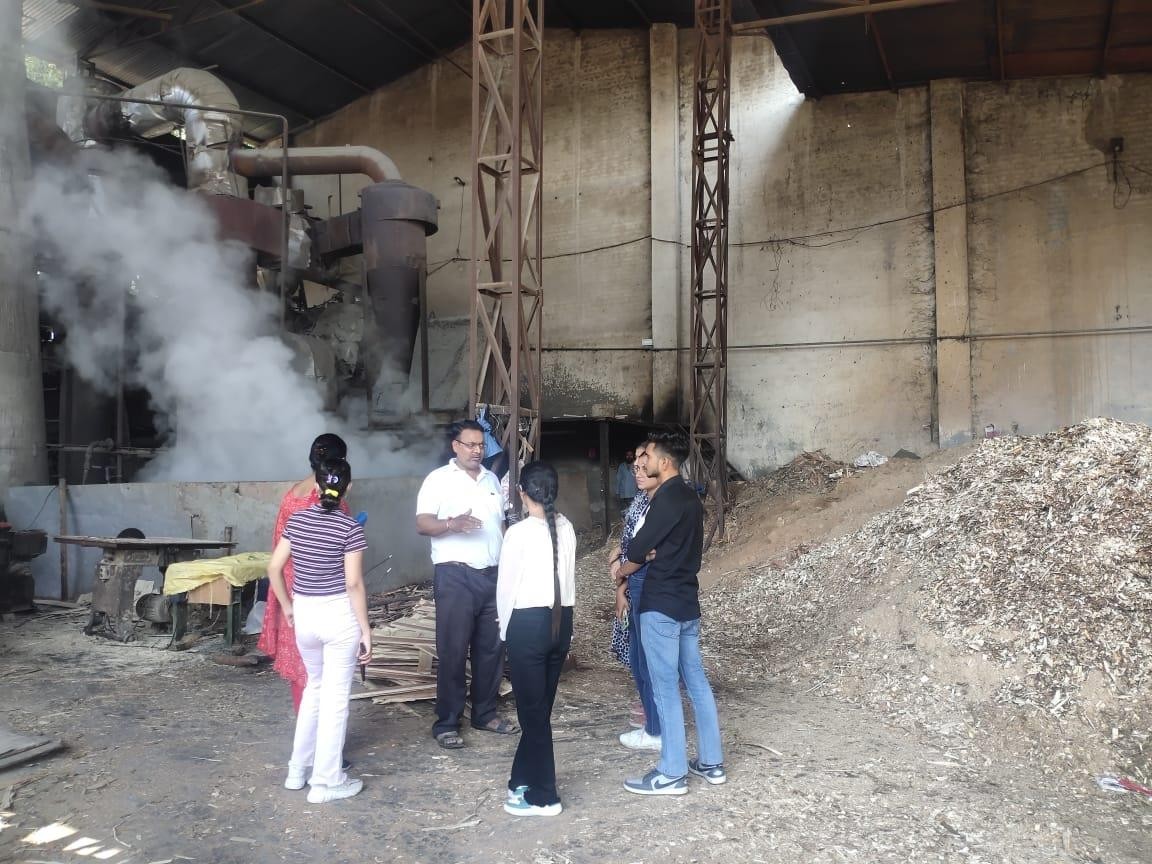
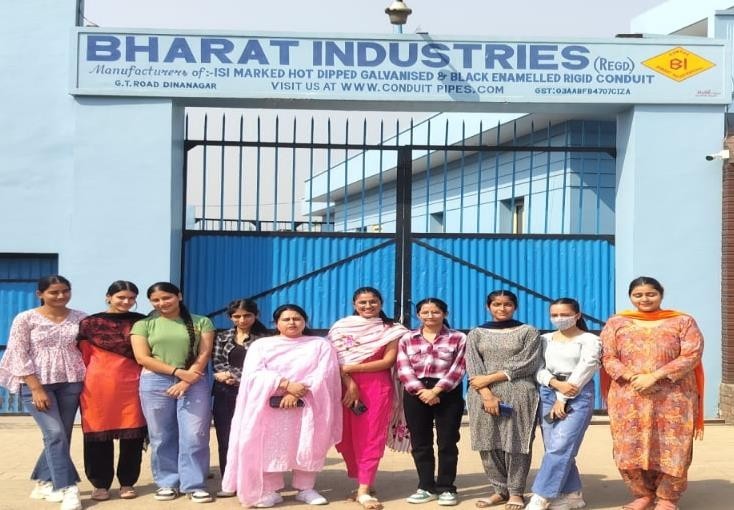
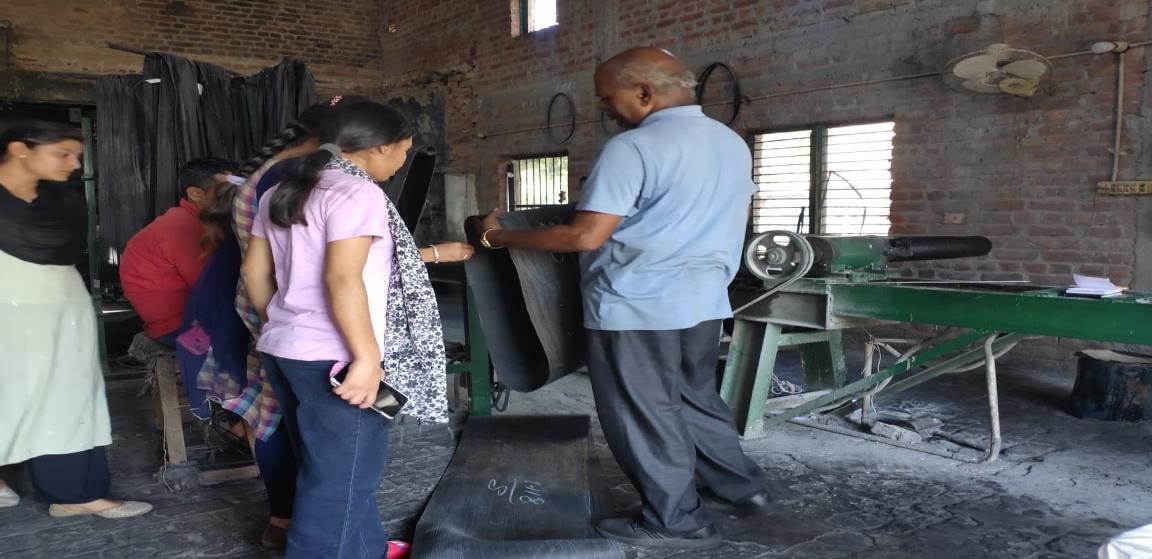
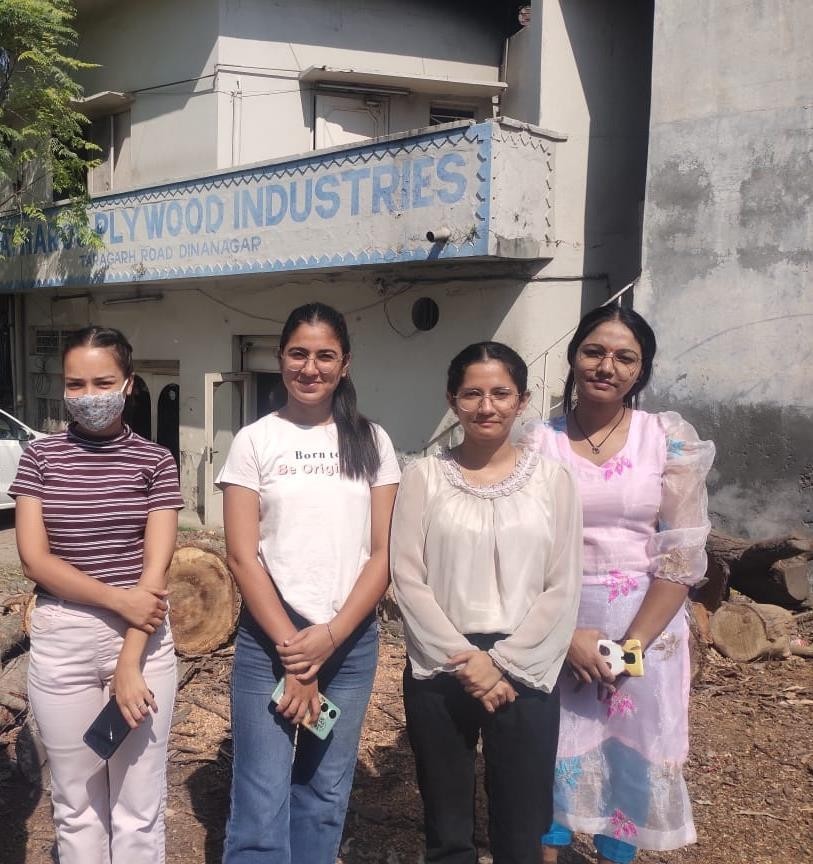




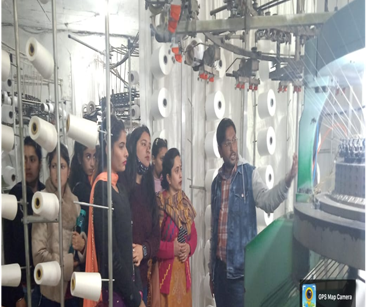
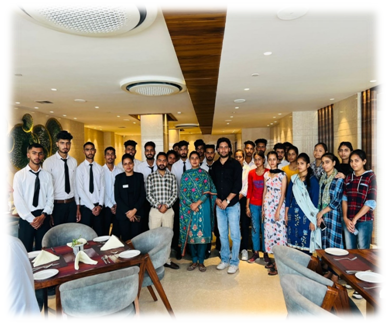
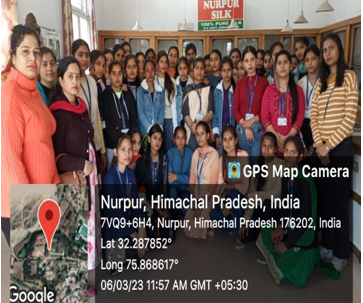
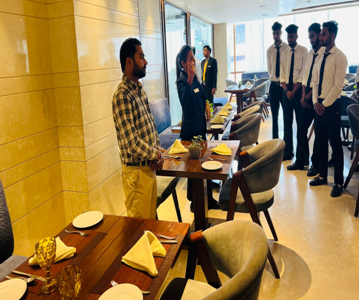
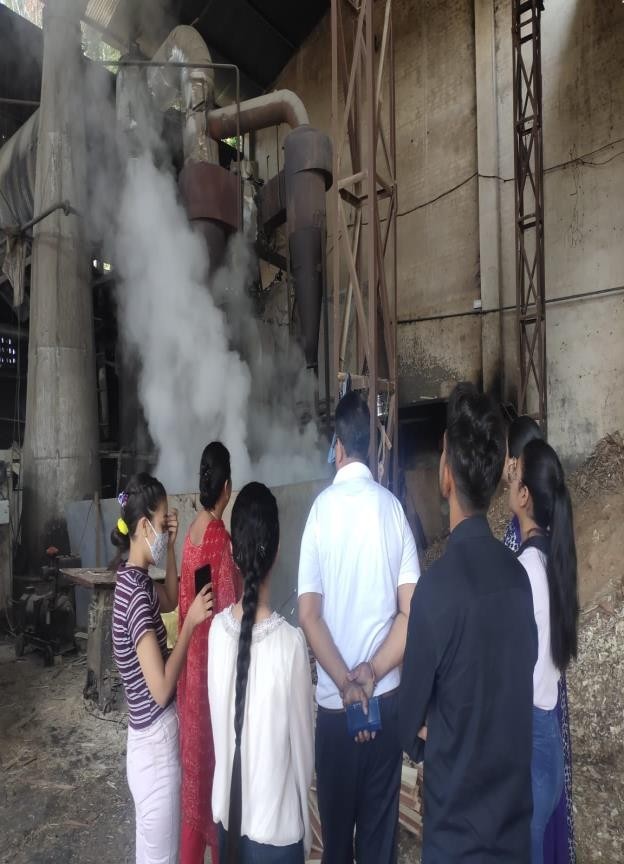
Through controlled interactions with others, role-play is a technique that enables students to investigate real-world scenarios in order to gain experience and test out various tactics in a safe setting.




Pick up and speak teaches students to listen, follow directions, and make decisions. Speech development is a major aspect of learning. Speaking in front of a group is a useful exercise in encouraging the use of descriptive language and fostering communication skills. This strategy encourages students to open up and demonstrate their abilities and knowledge of multiple subjects. It also helps individuals to broaden their vision, discover their hidden self and uncover unknown facts.
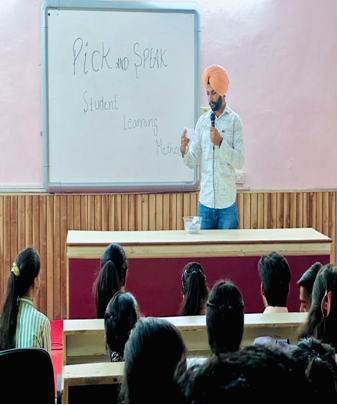
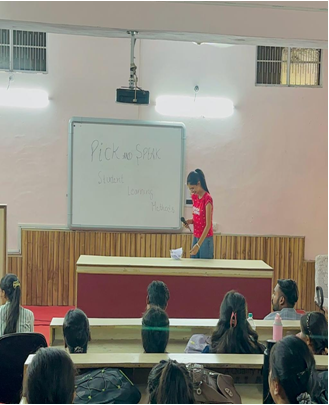
.jpeg)
.jpeg)
Delivering seminar will enhance confidence among students. By using ICT (Information & Communication Technology) based tools we can create professionalism in students.
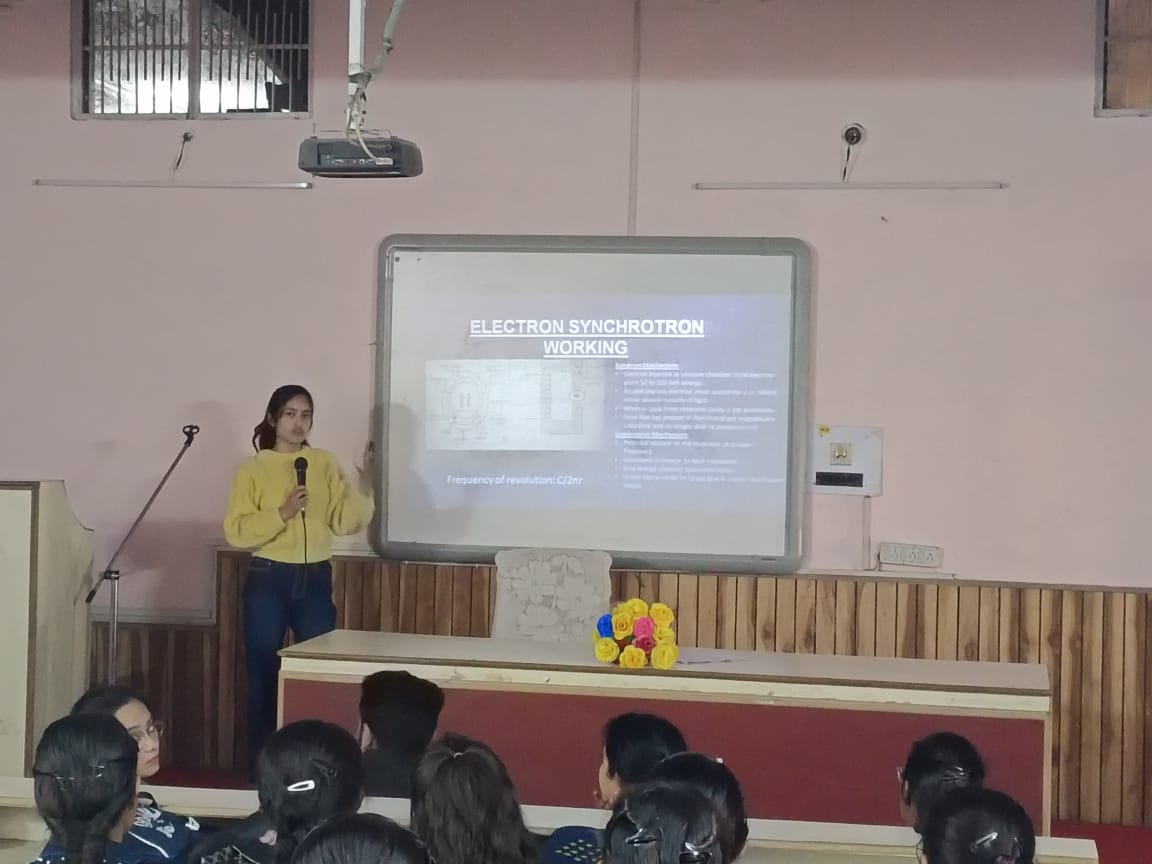
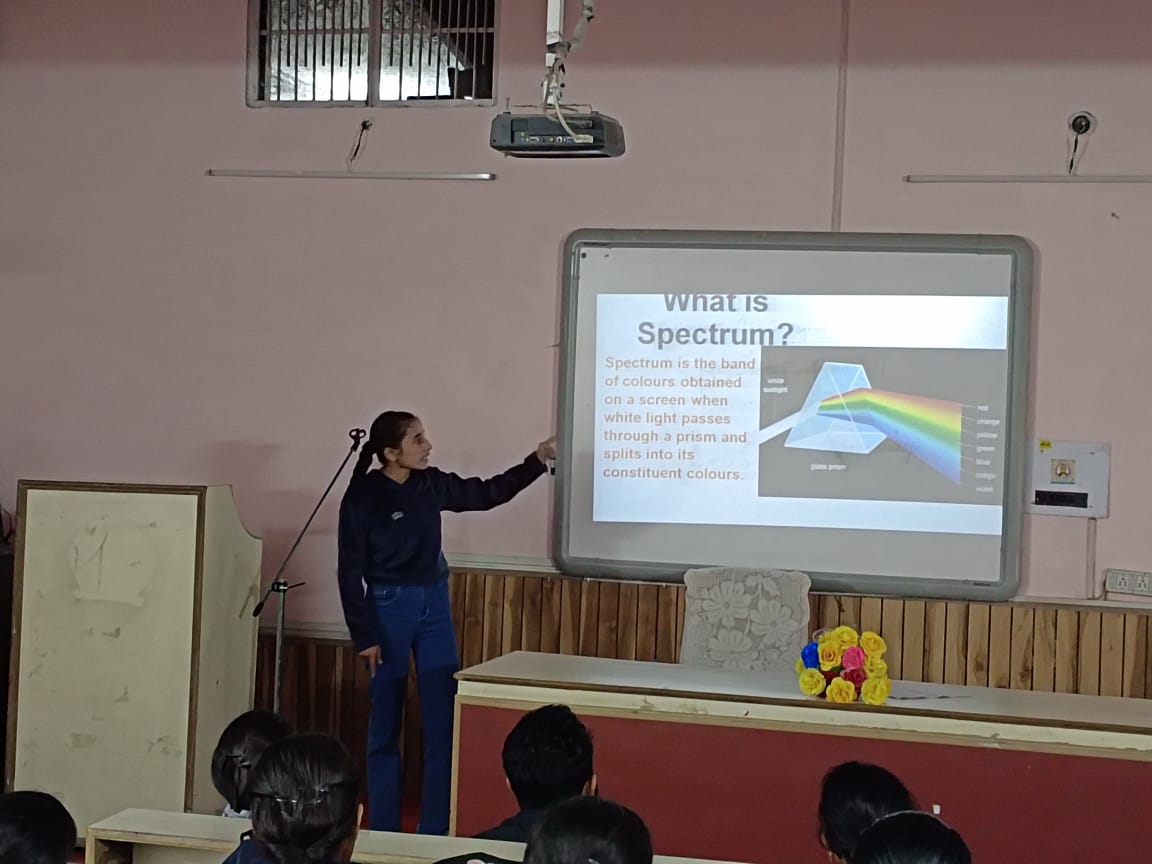
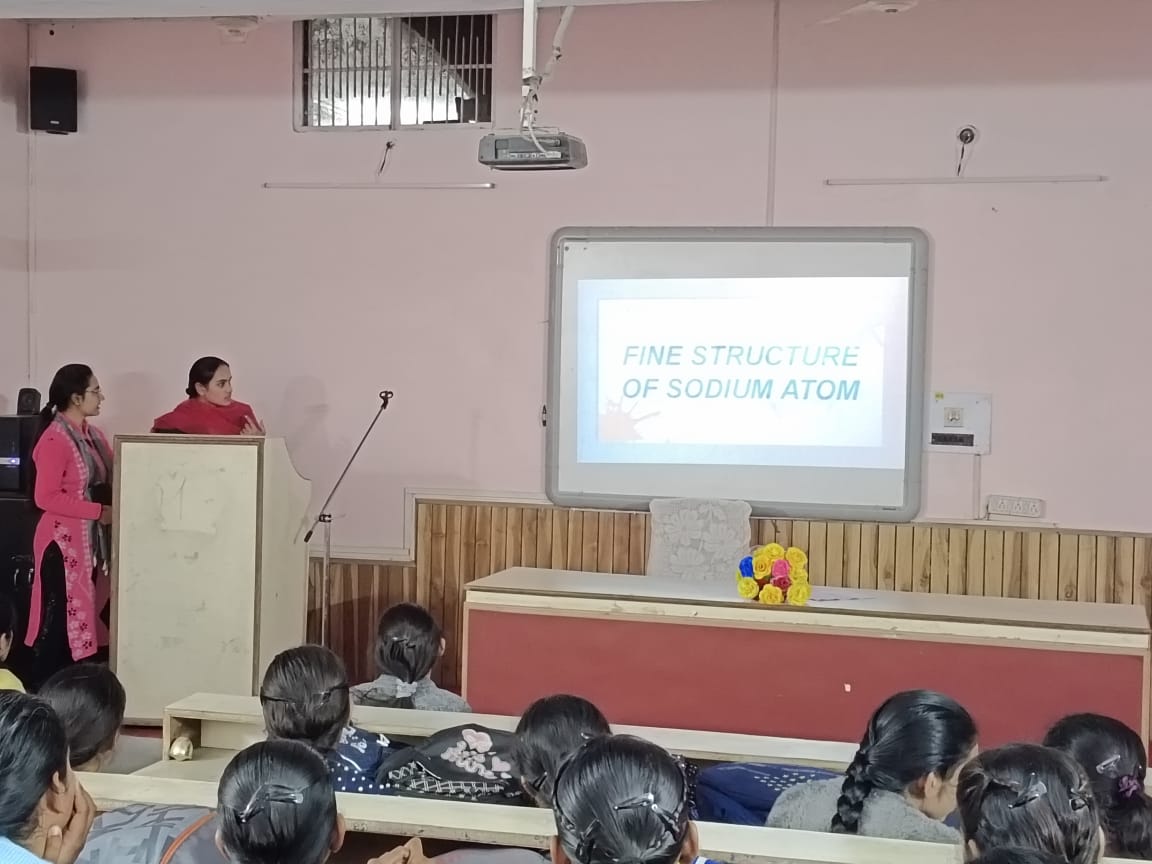
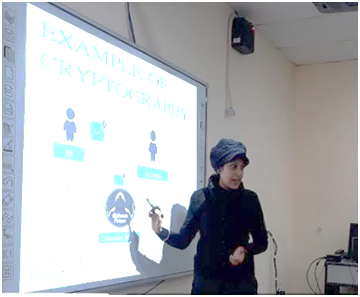
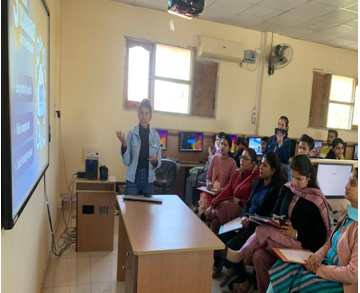
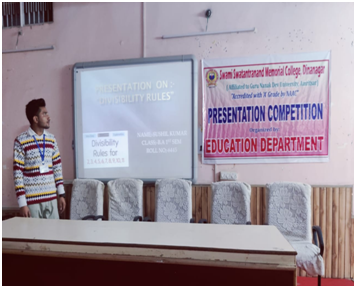
Think pair share can be utilised to assist students in developing unique ideas, discussing them, and sharing them with their peers. It is more effective when done in smaller groups and can be performed before reading or explaining a concept.
Students explaining their core ideas to peers: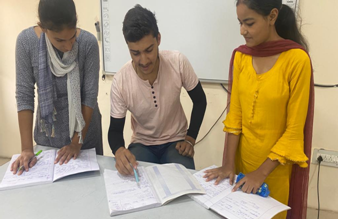
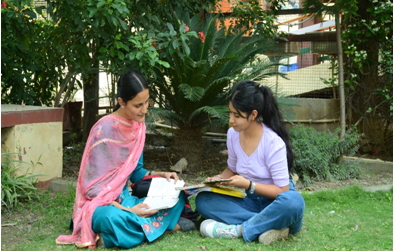
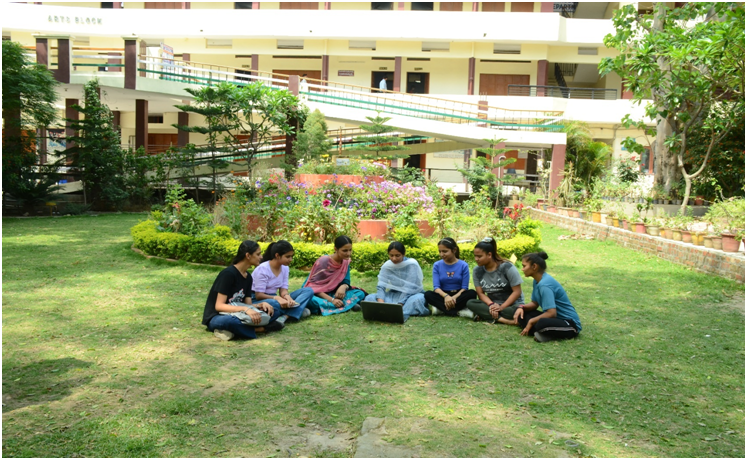
Discussions allow students to process information rather than just consume it. Different talents are needed for conversation leadership than for lecturing. Discussion's objective is to encourage students to practise thinking critically about the course material.

.jpeg)
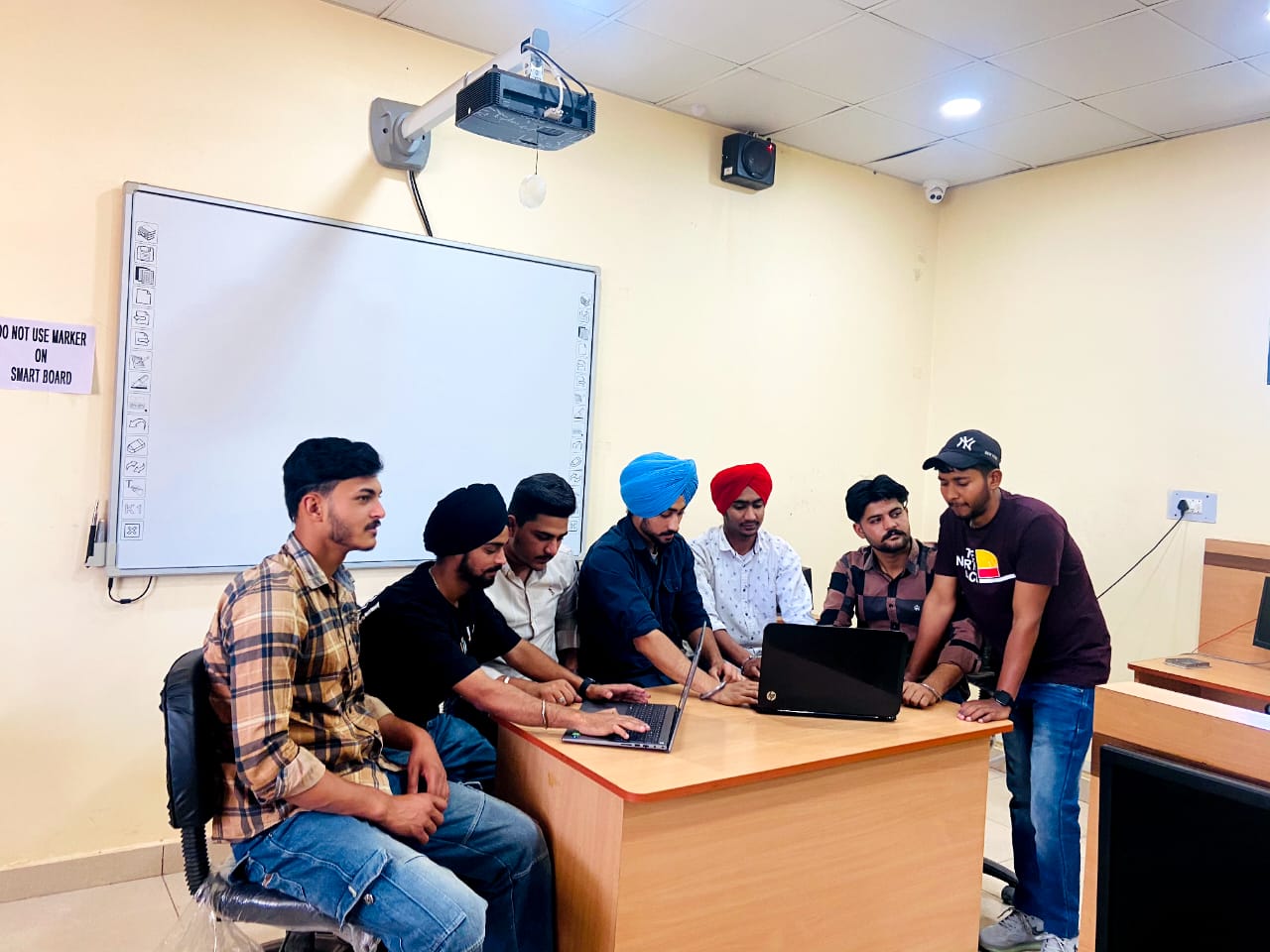
Students' self-awareness for development and self-evaluation are encouraged with quizzes. Students who take part in quizzes receive immediate feedback for their knowledge. And this can show them where they need to improve while also emphasising their accomplishment.
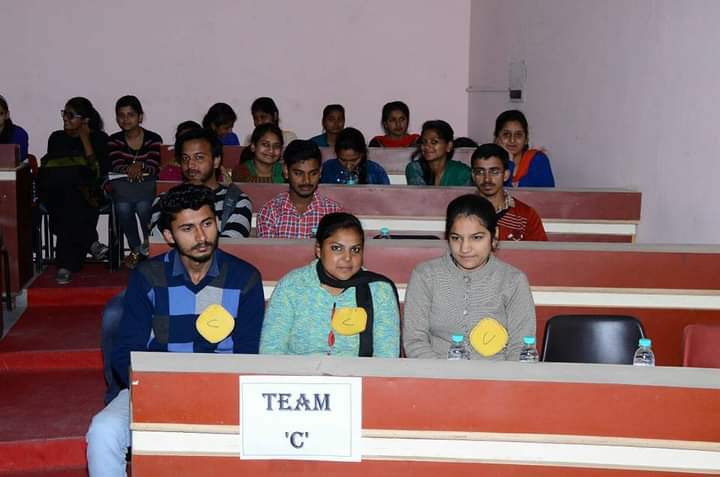
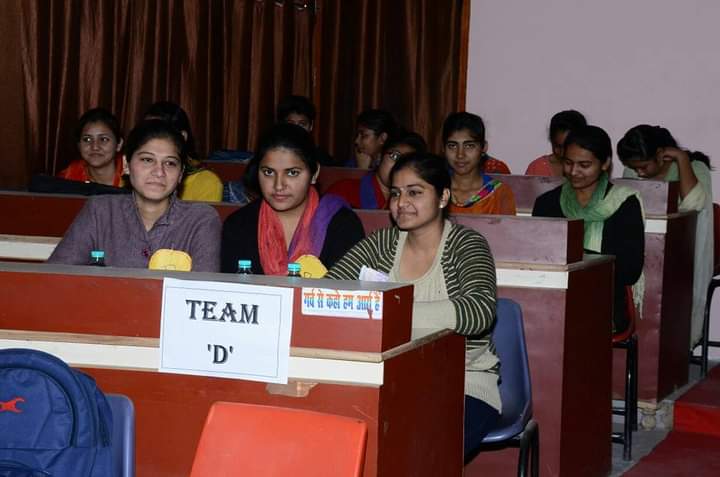


The ability to solve problems creatively and artistically is a crucial life skill. Students learn how to innovate and gain confidence in their talents by participating in artistic pursuits and academic study. The arts promote risk-free experimentation since it is this freedom that boosts confidence.
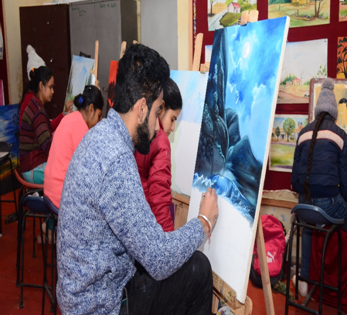
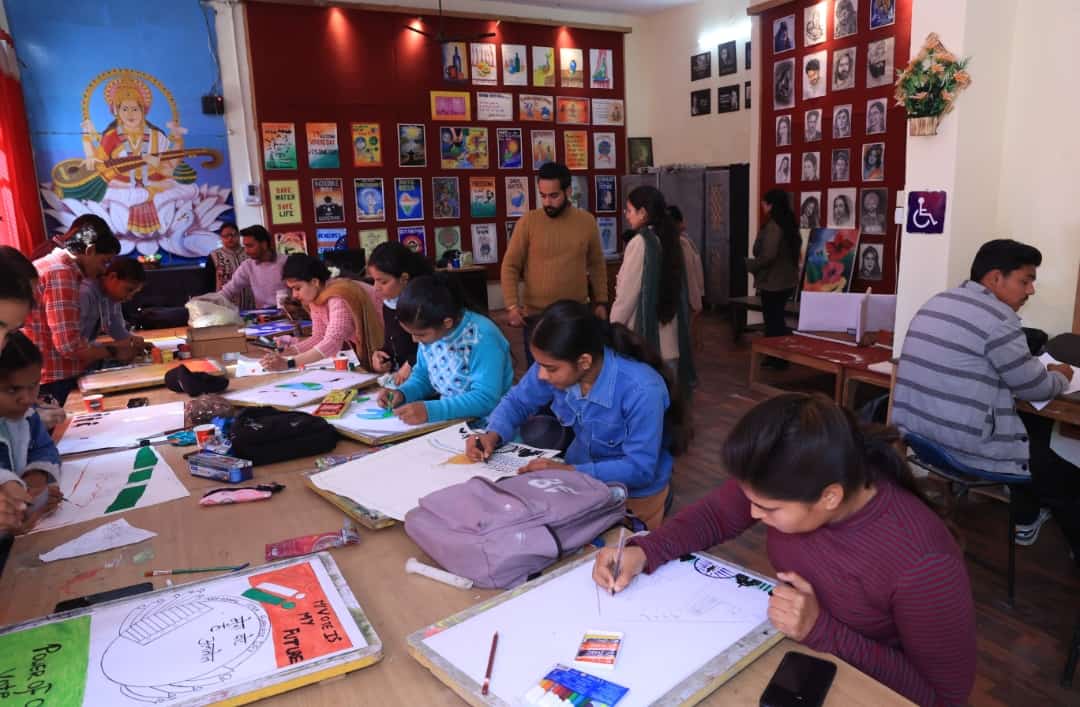
This type of learning format involves delivering new or introductory material to students outside of the classroom. Readings, videos, pre-recorded lectures, direct instructions, or research tasks can all be used as learning resources.
